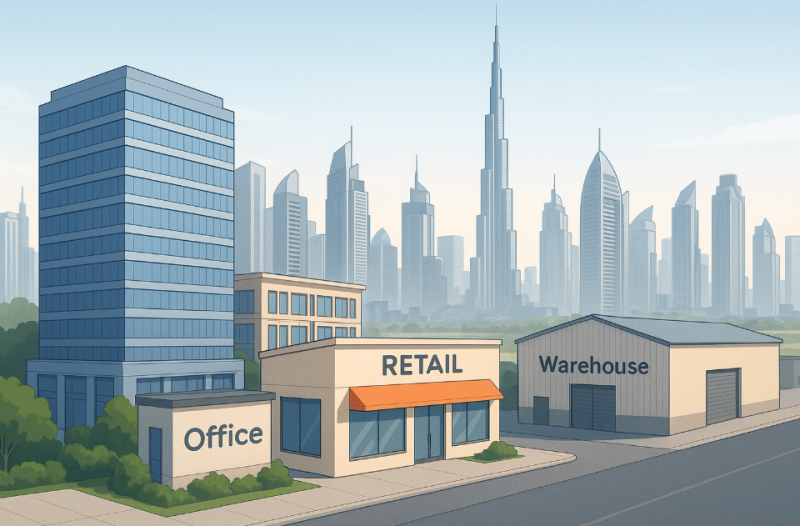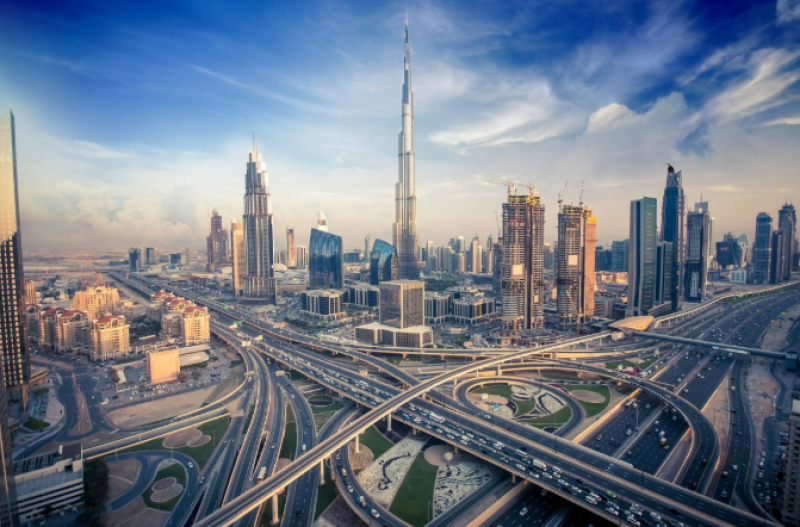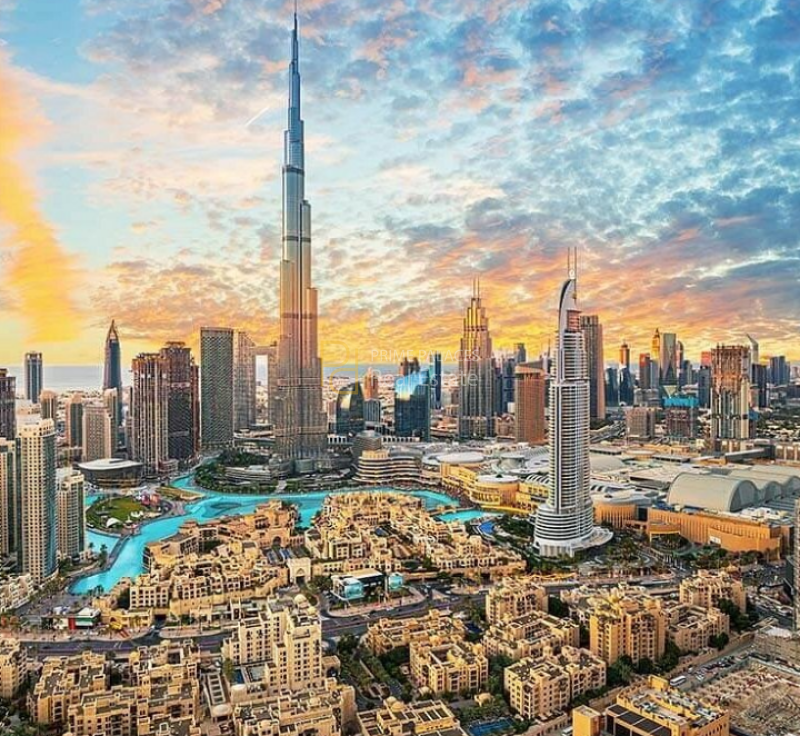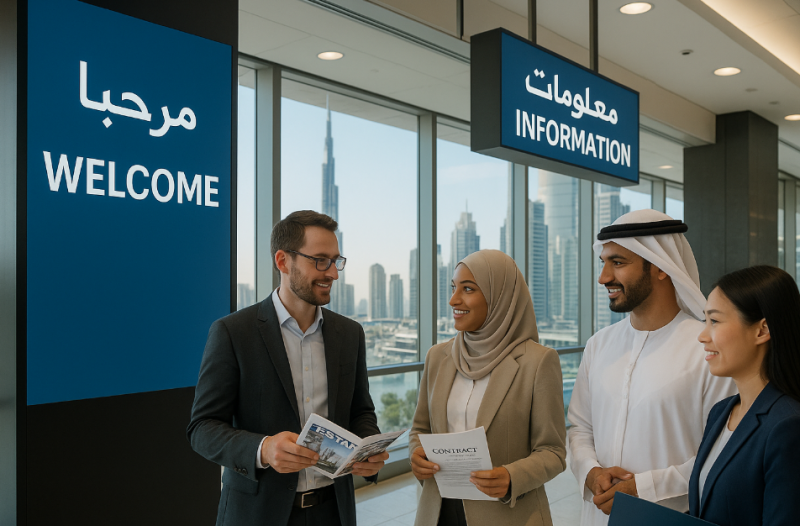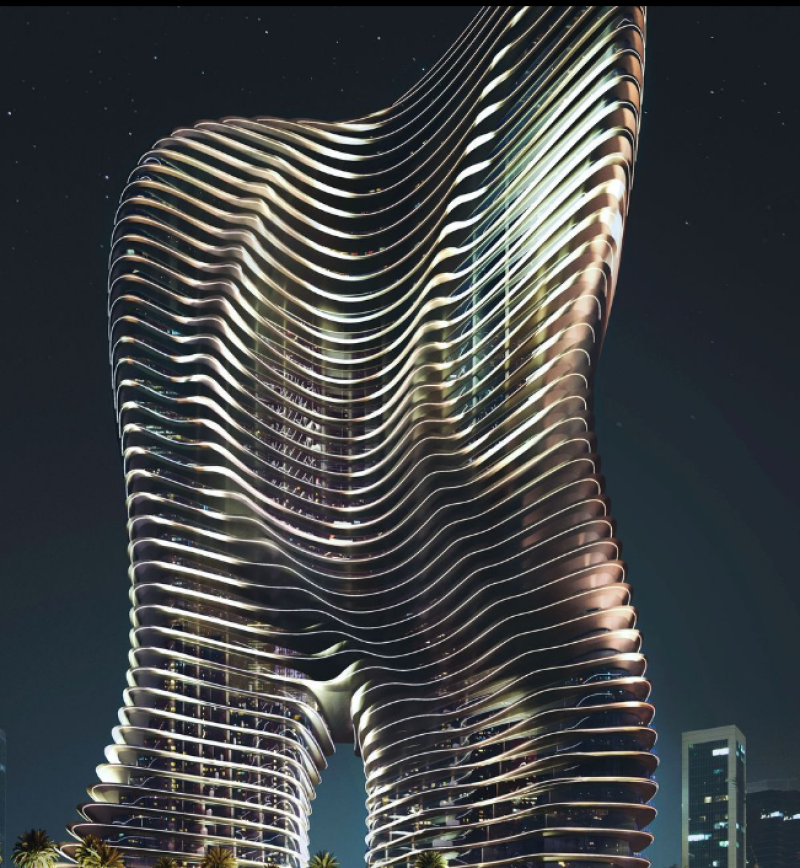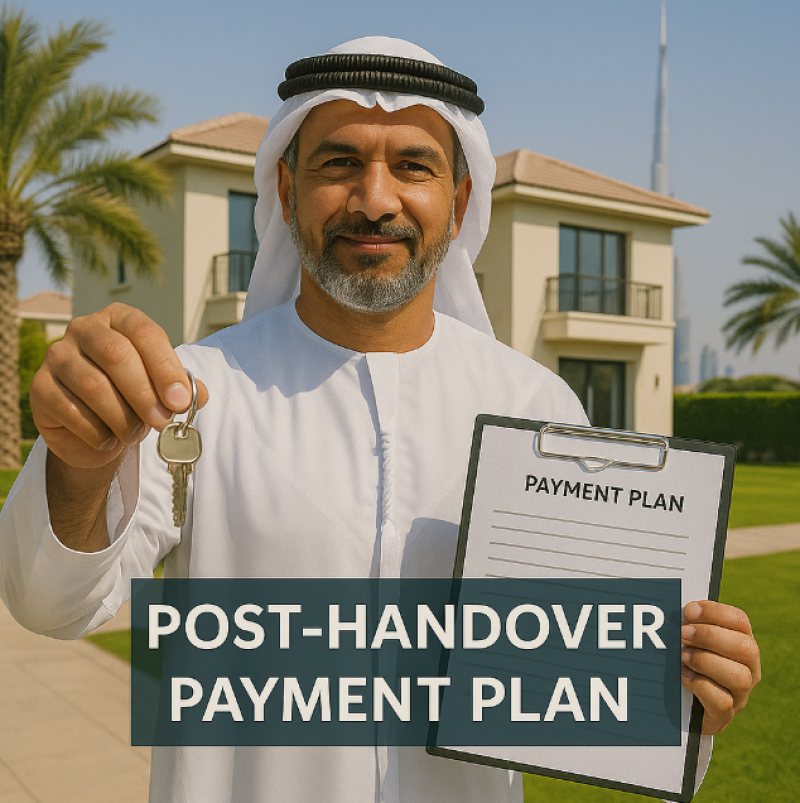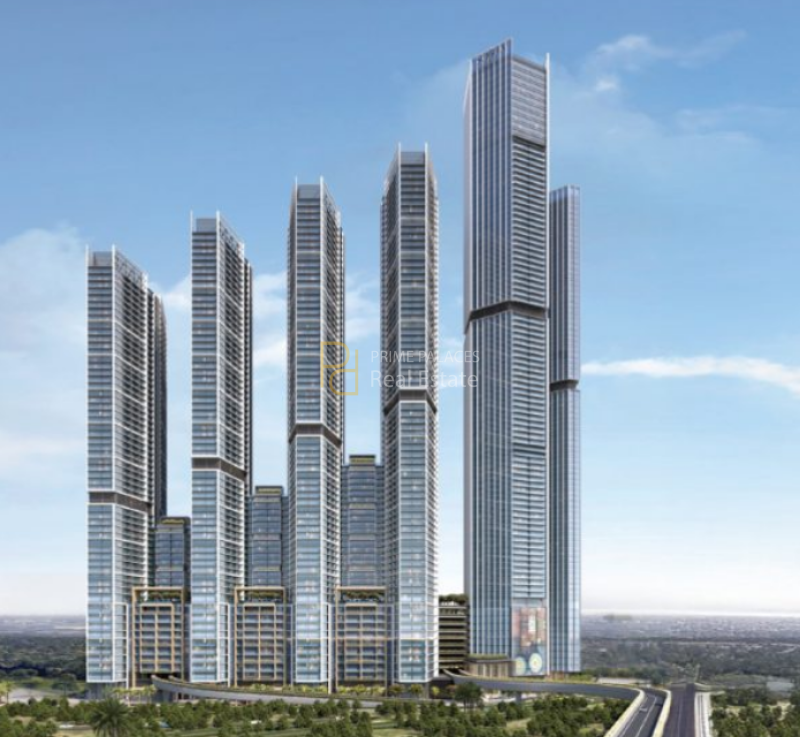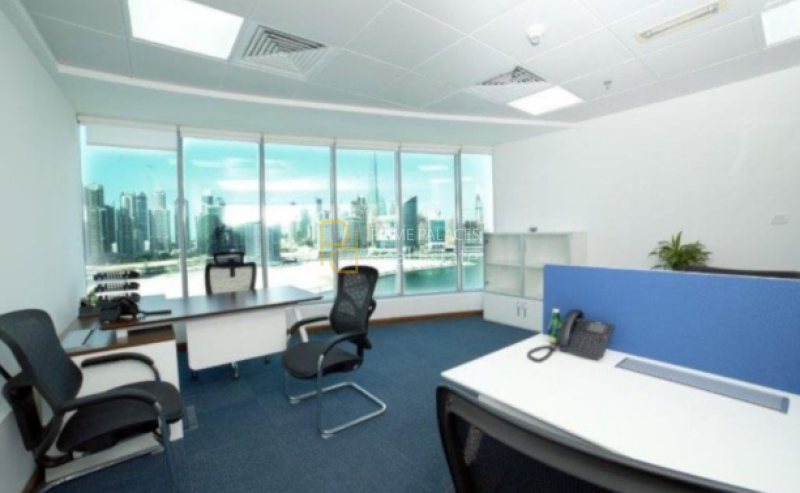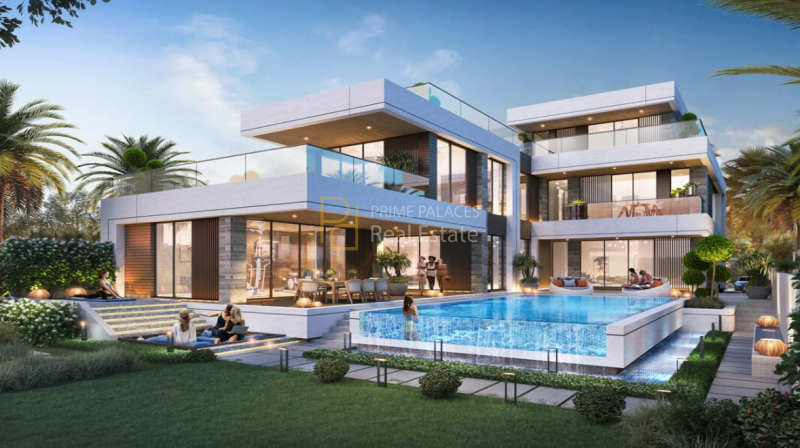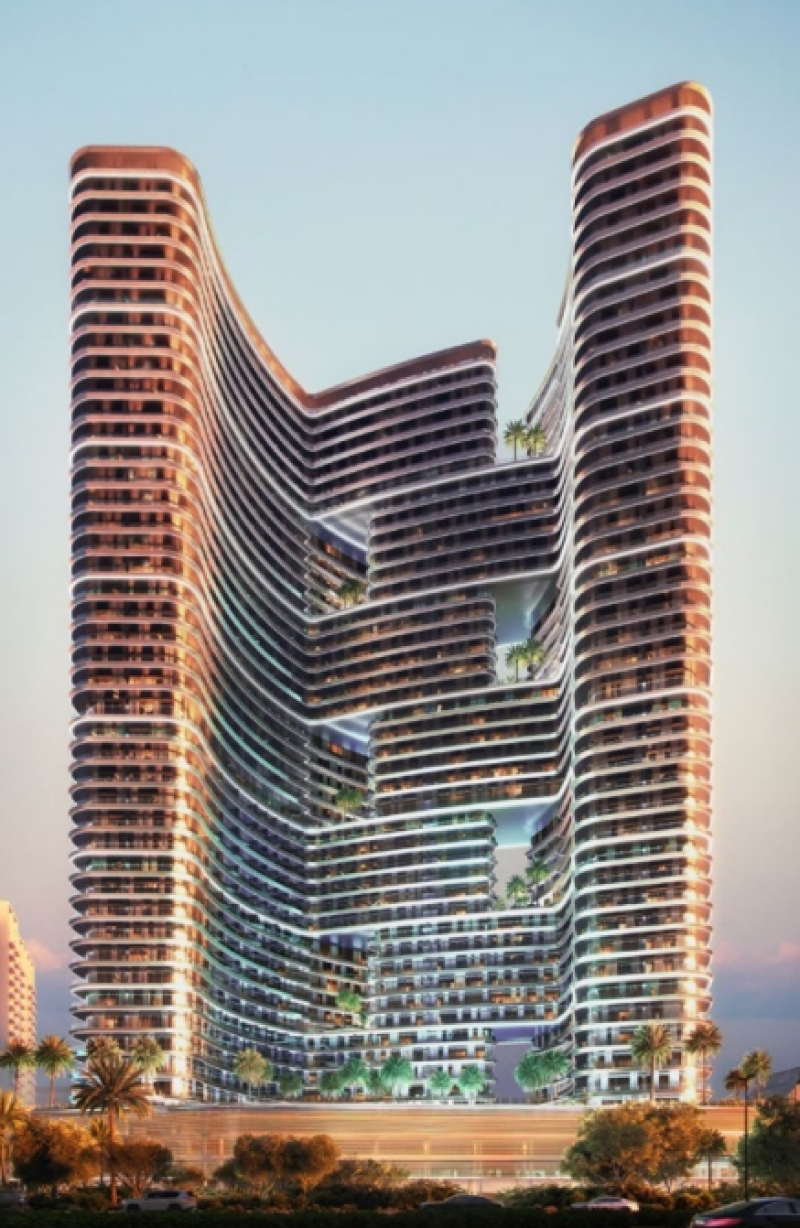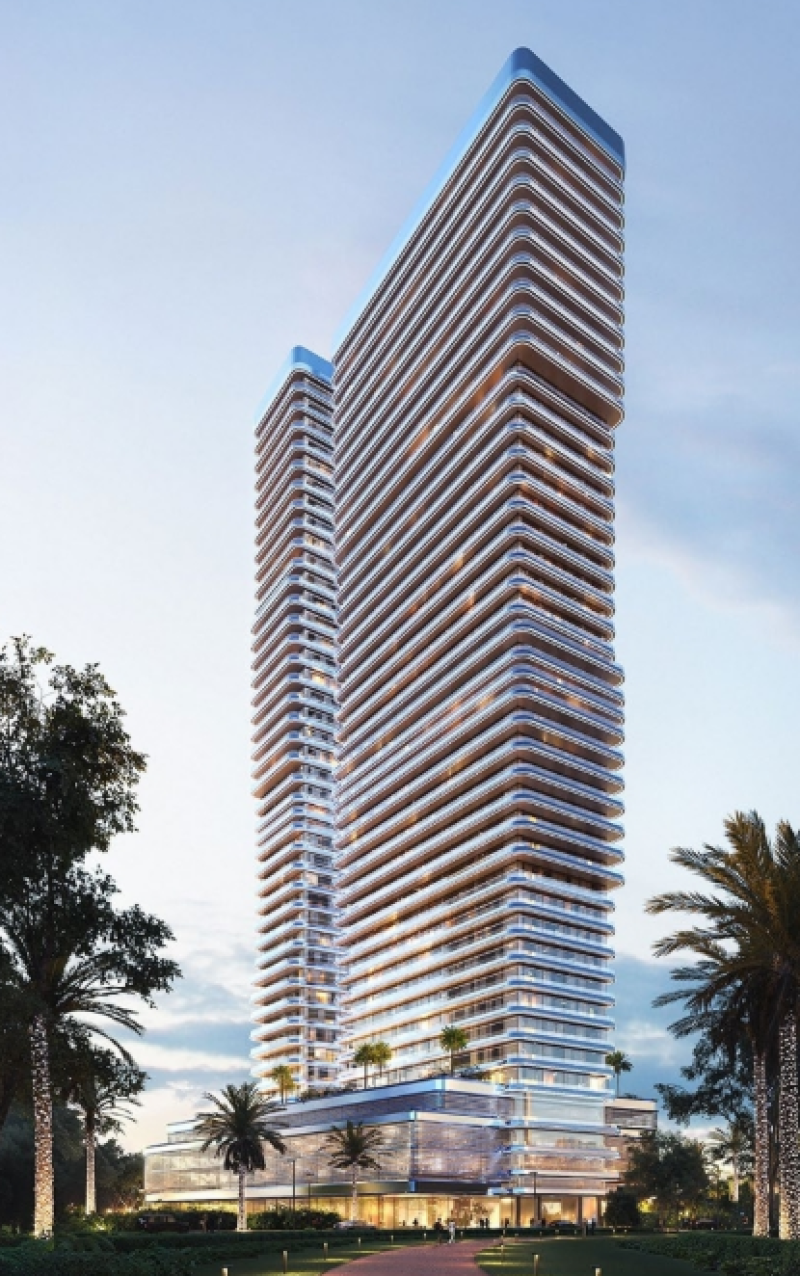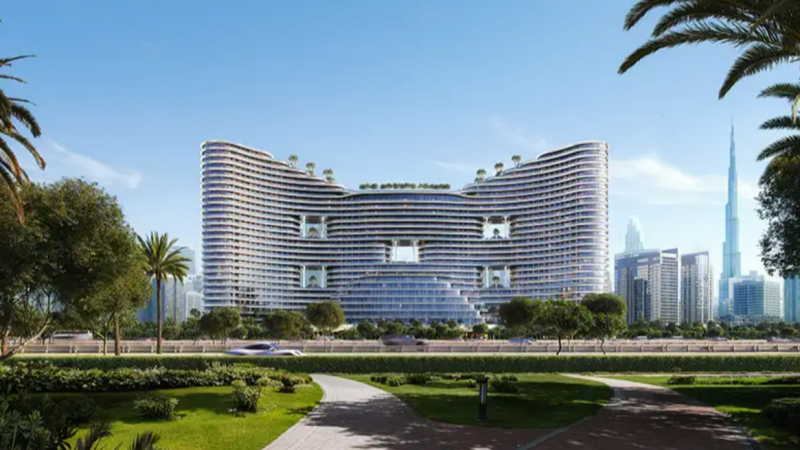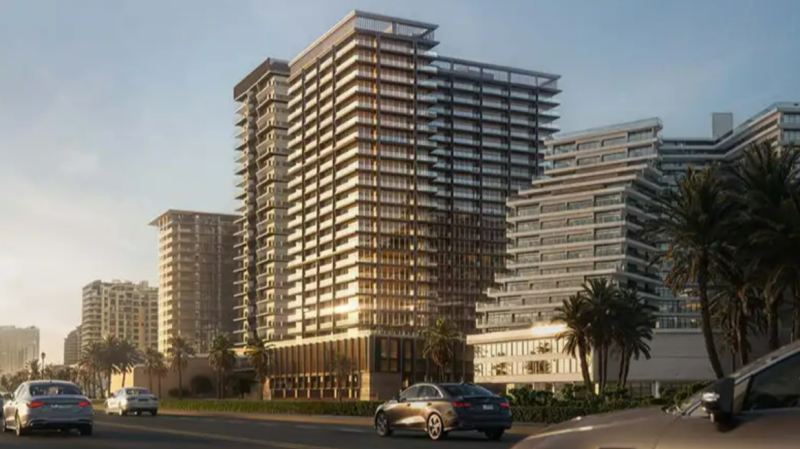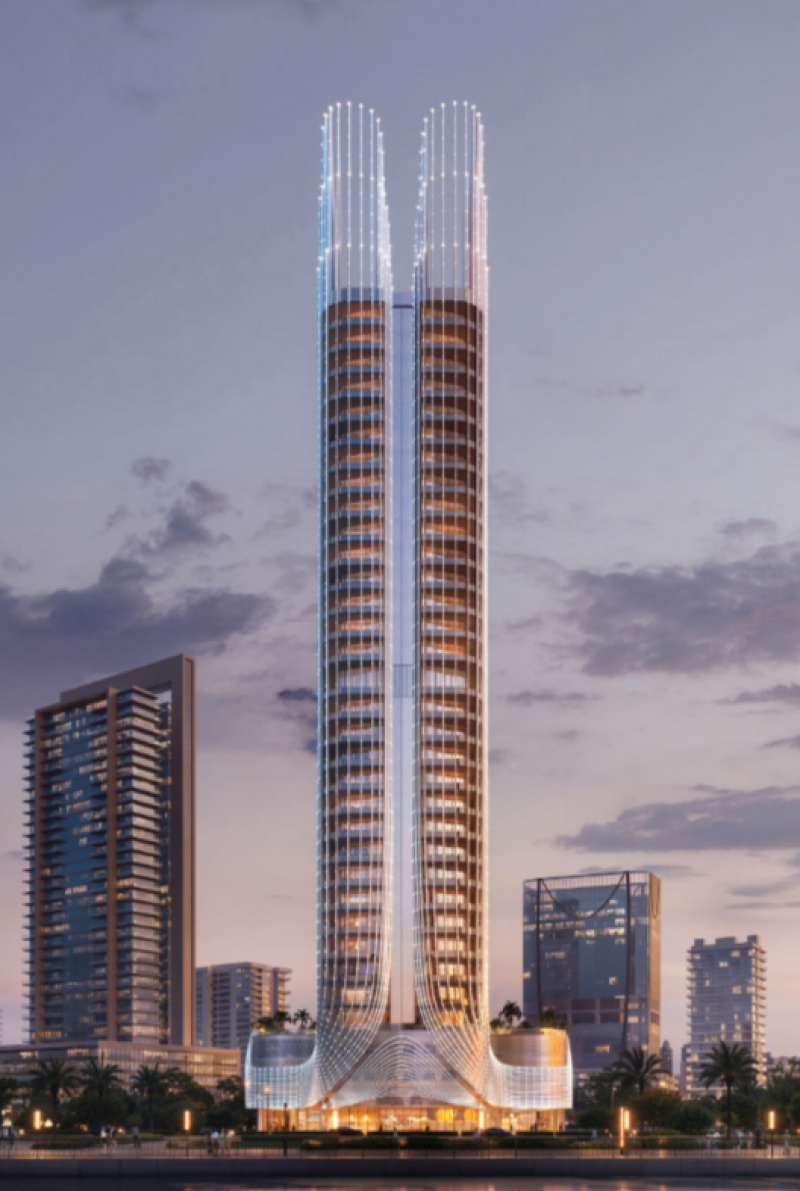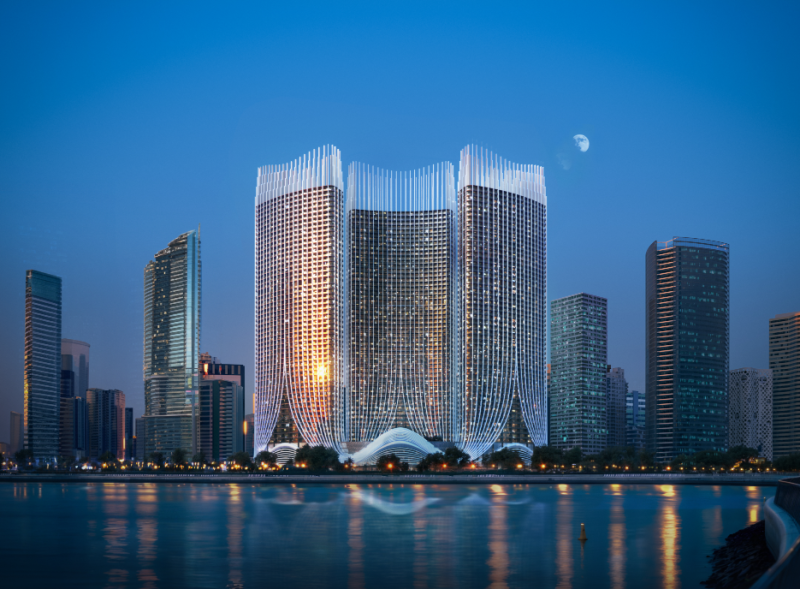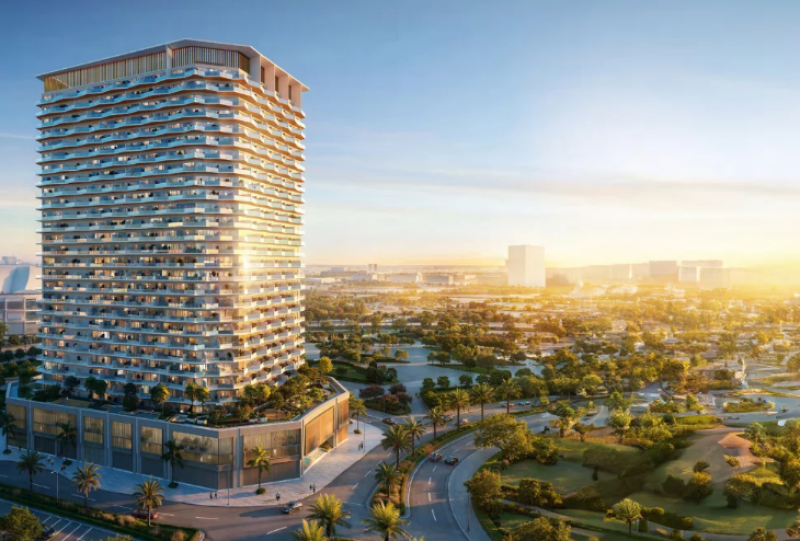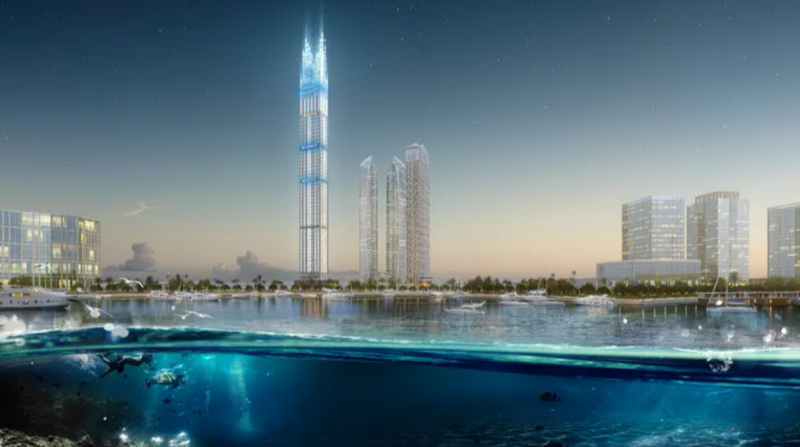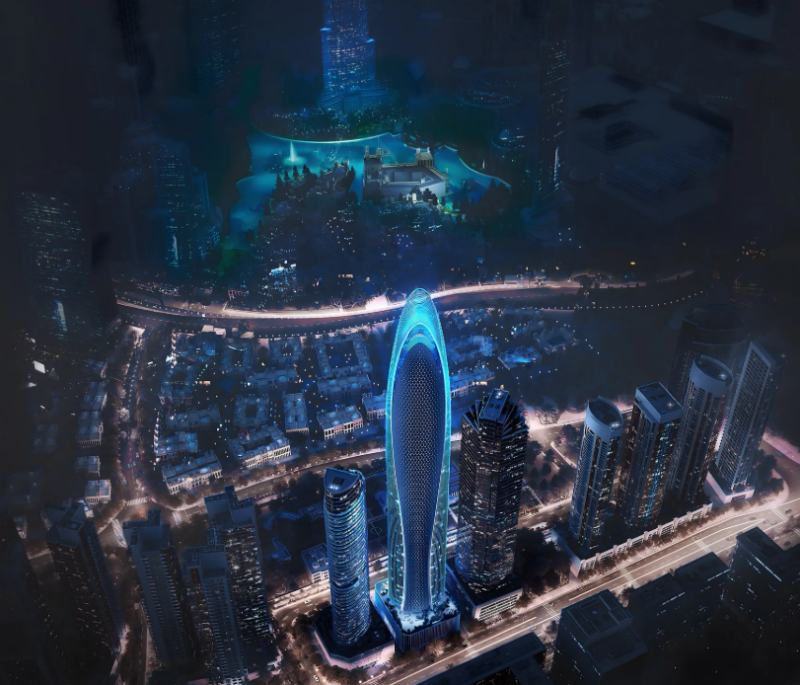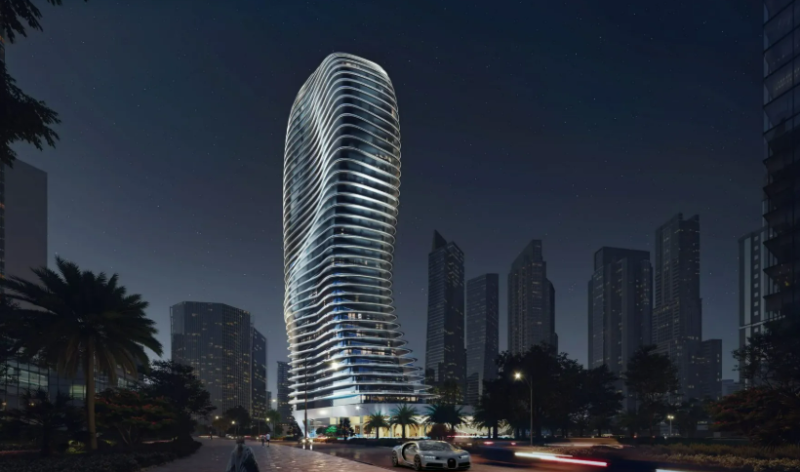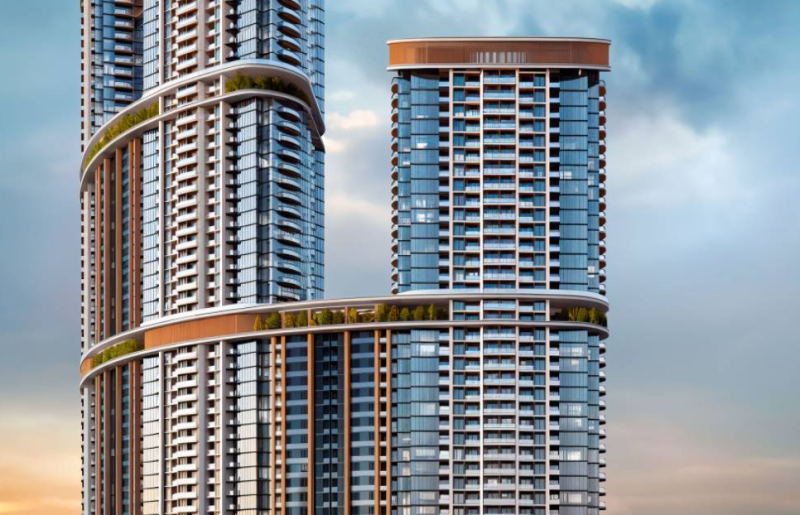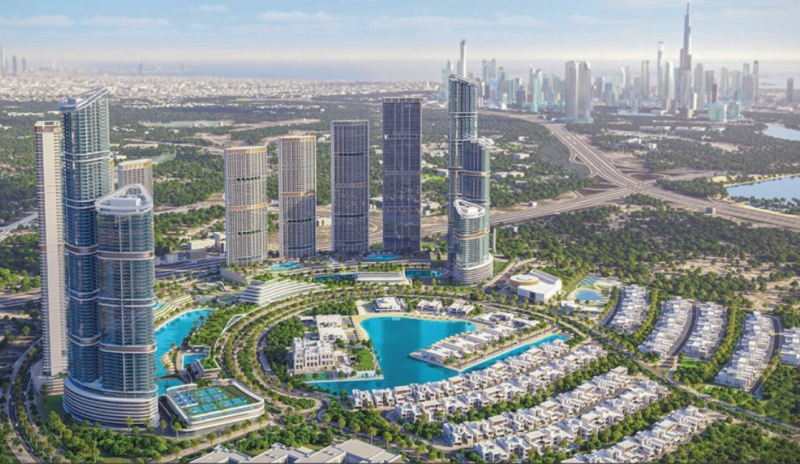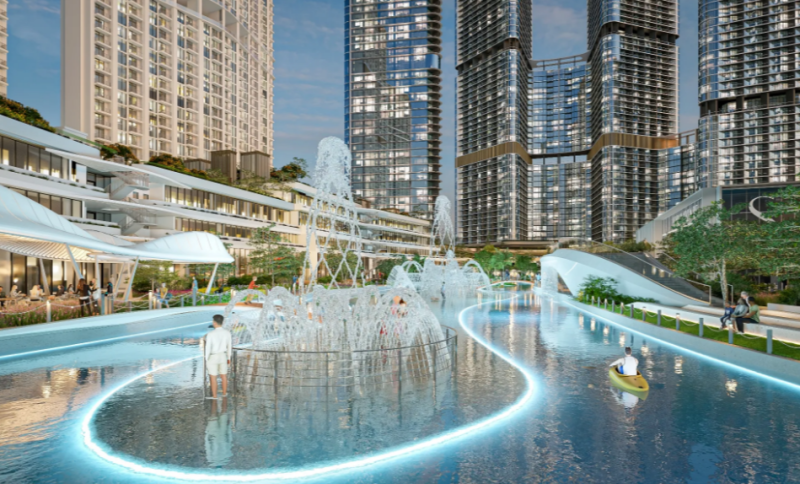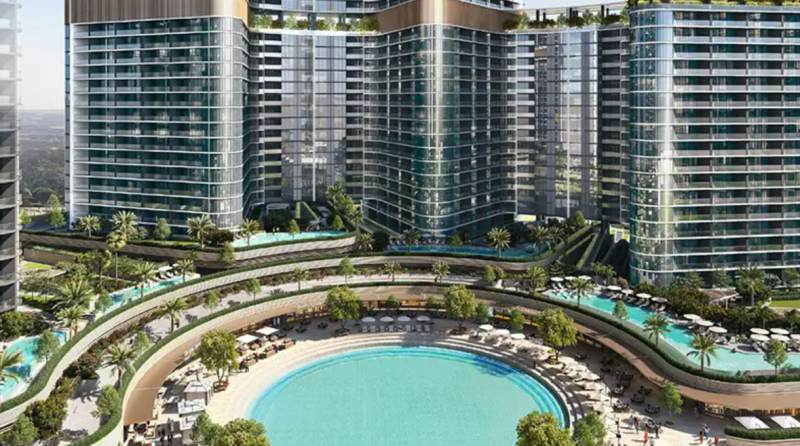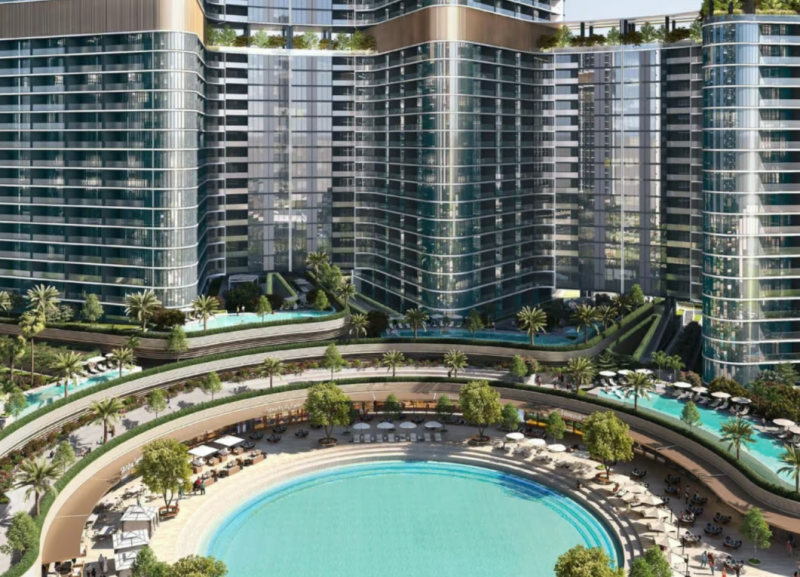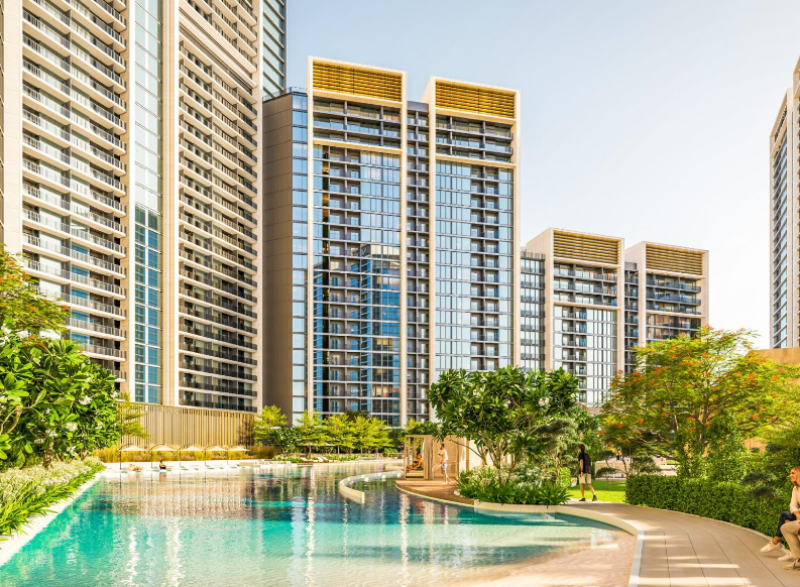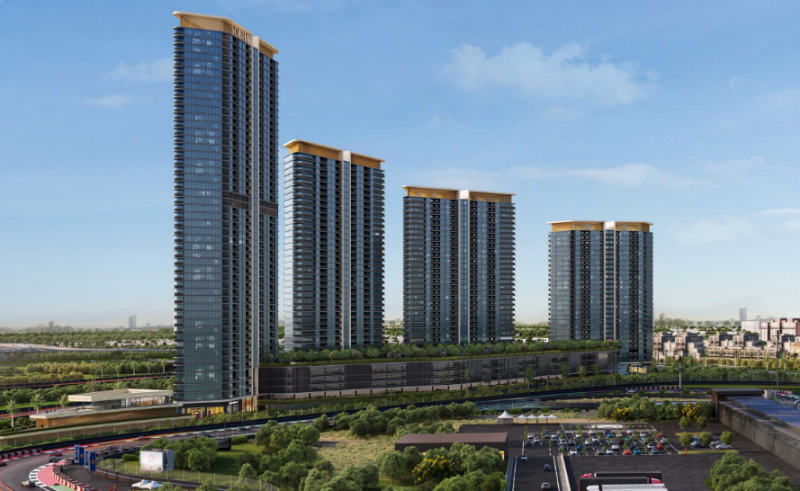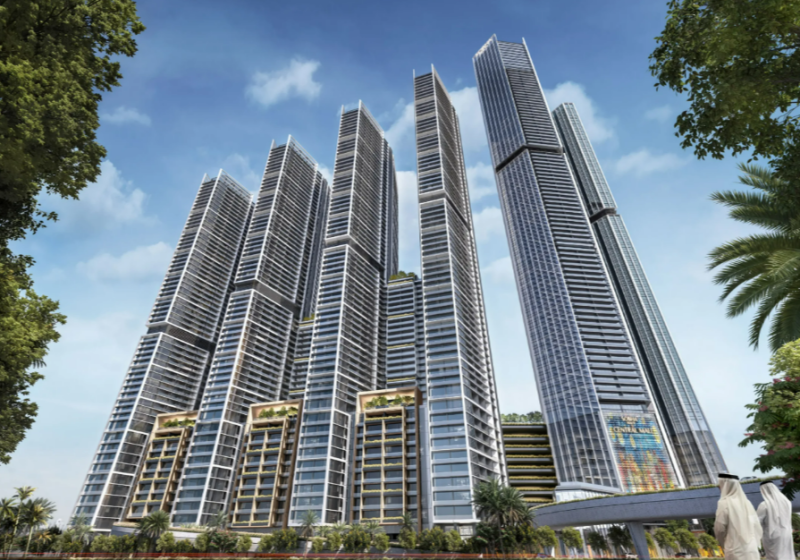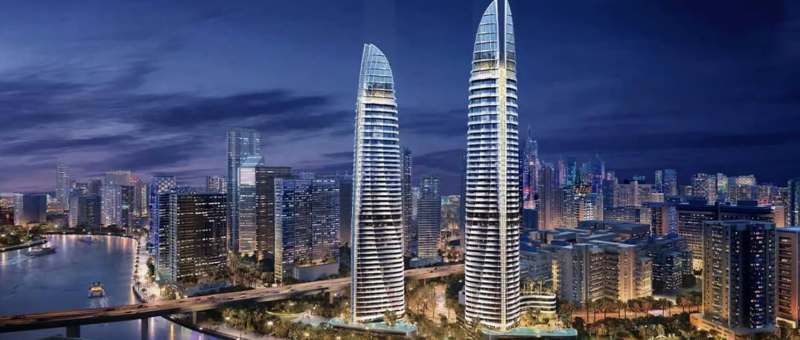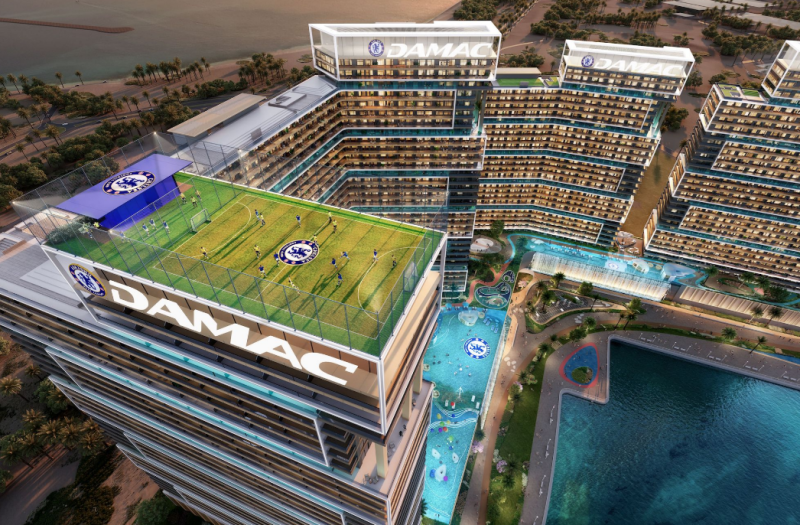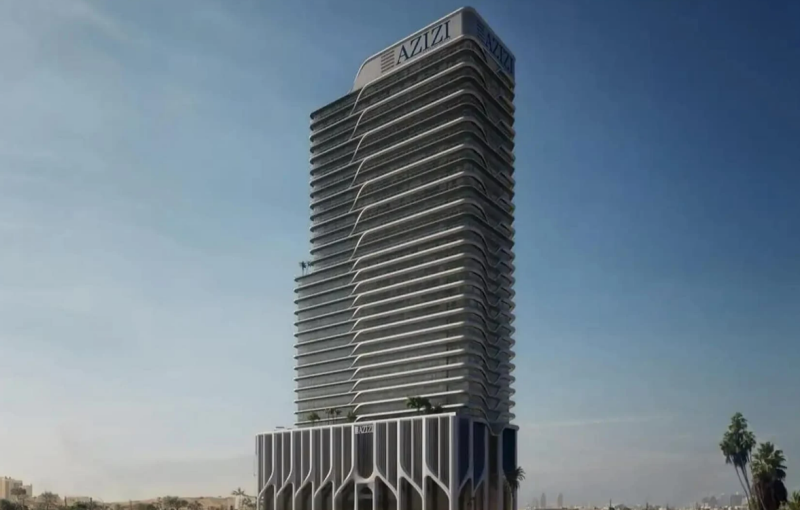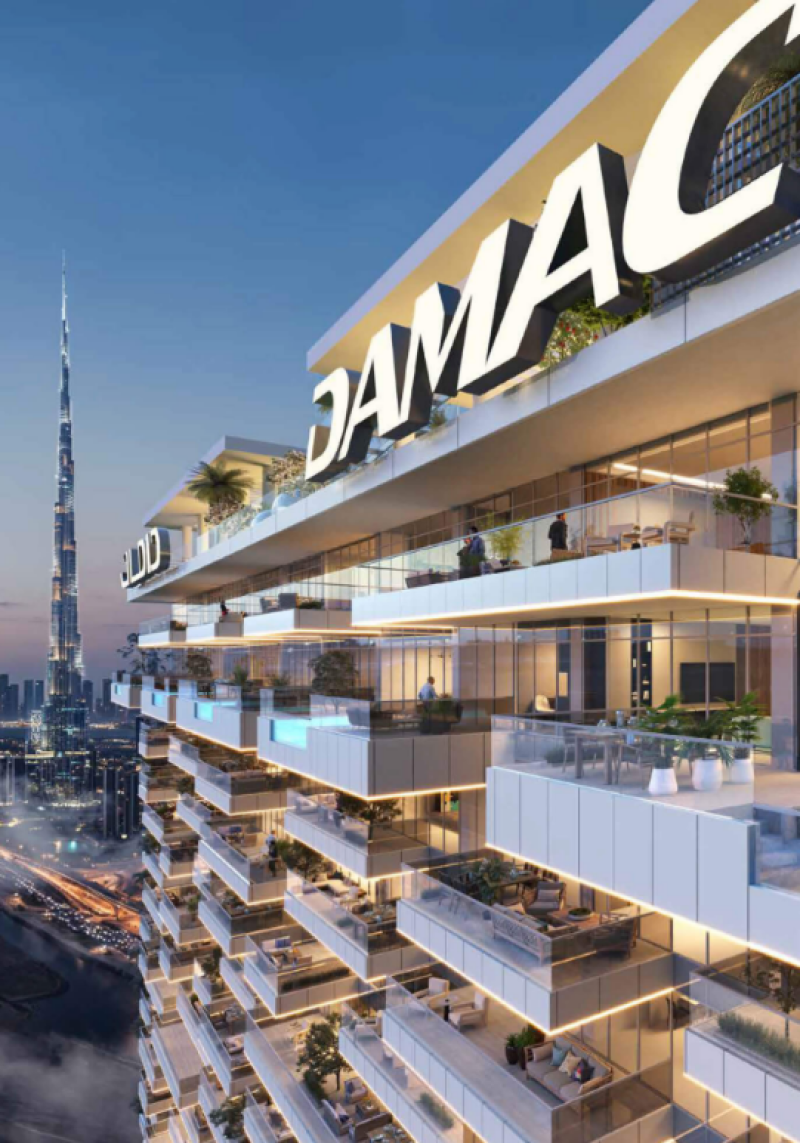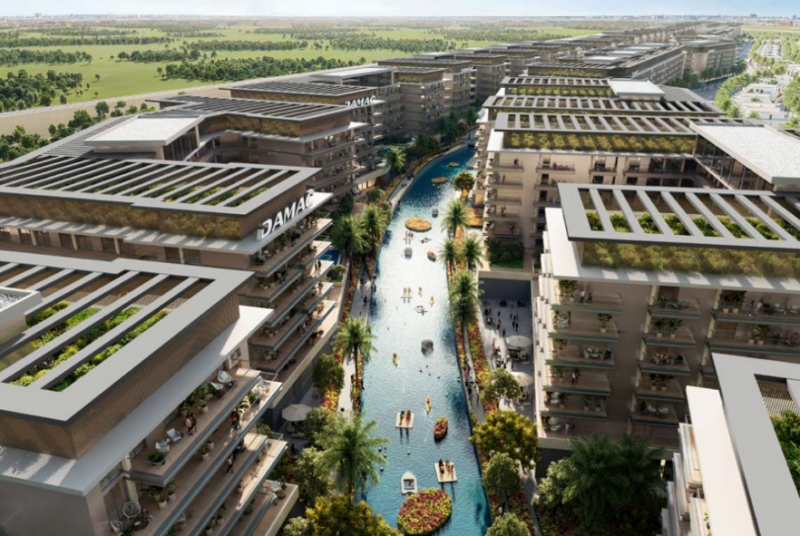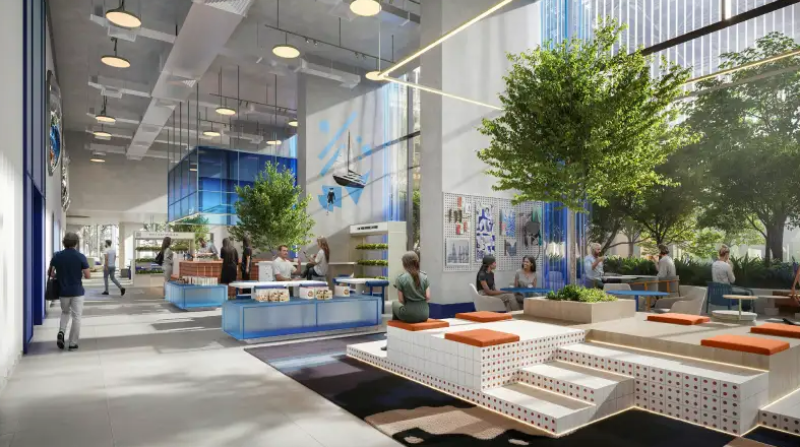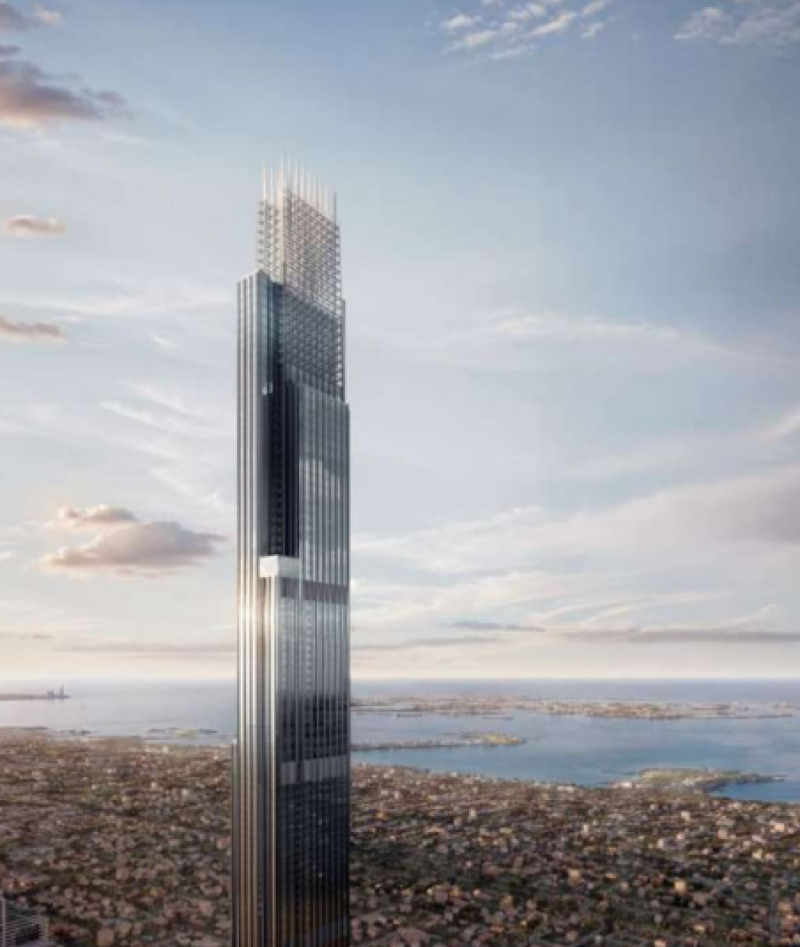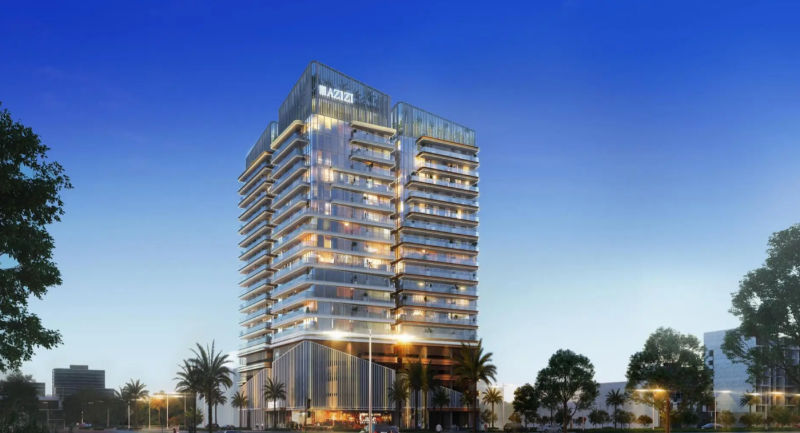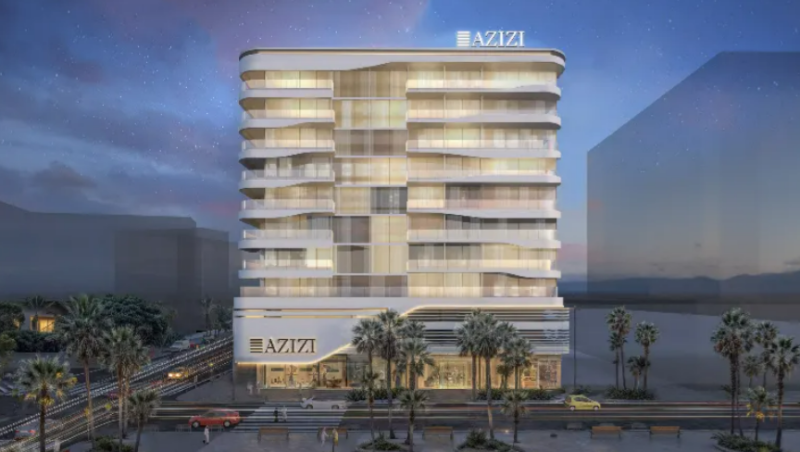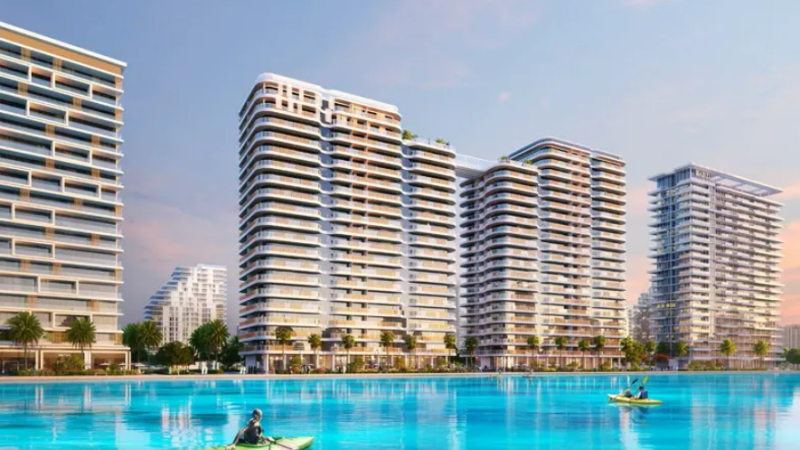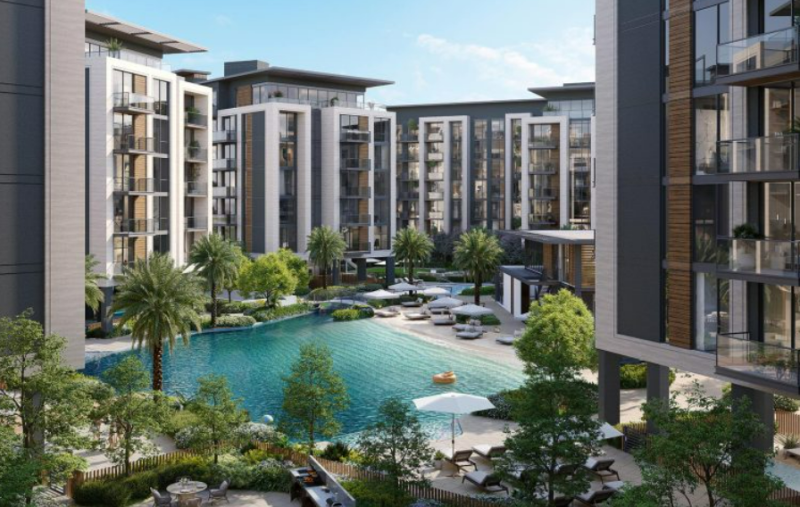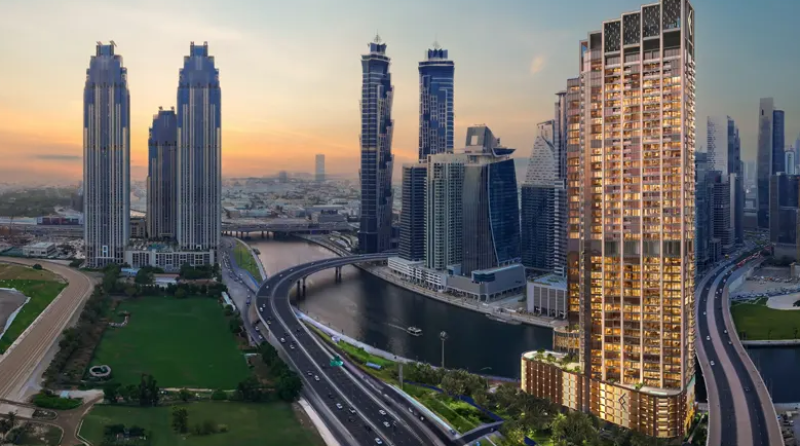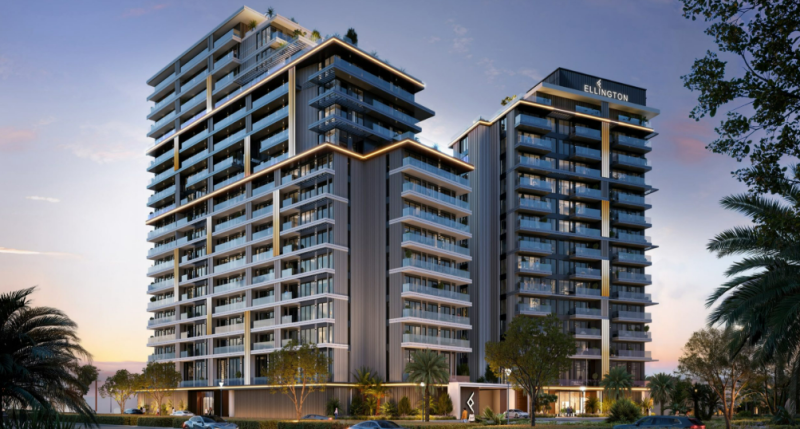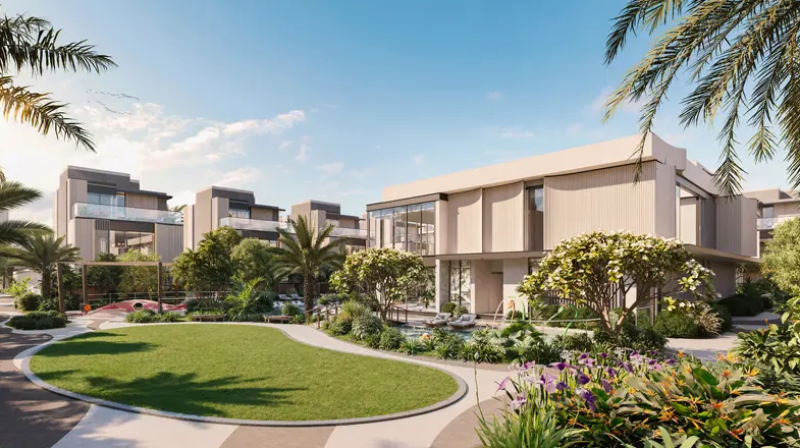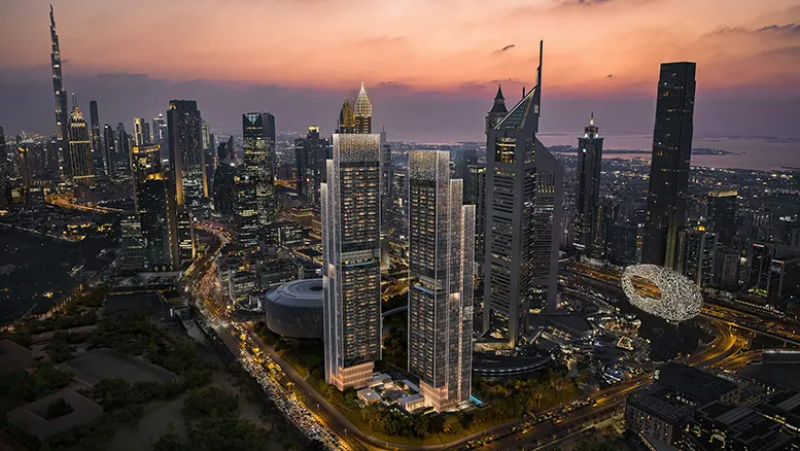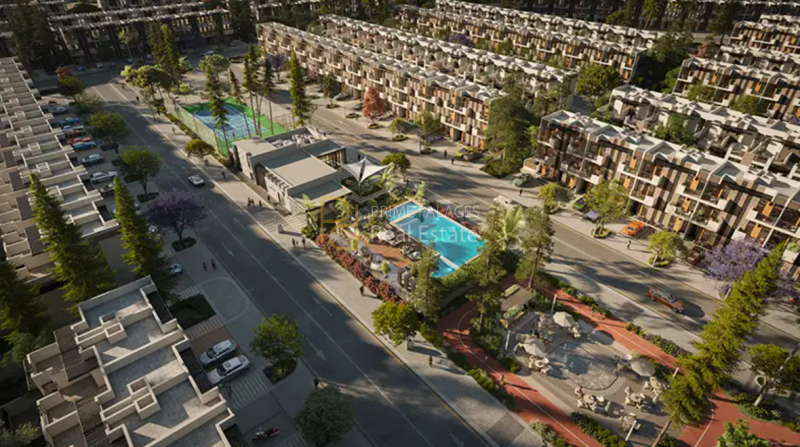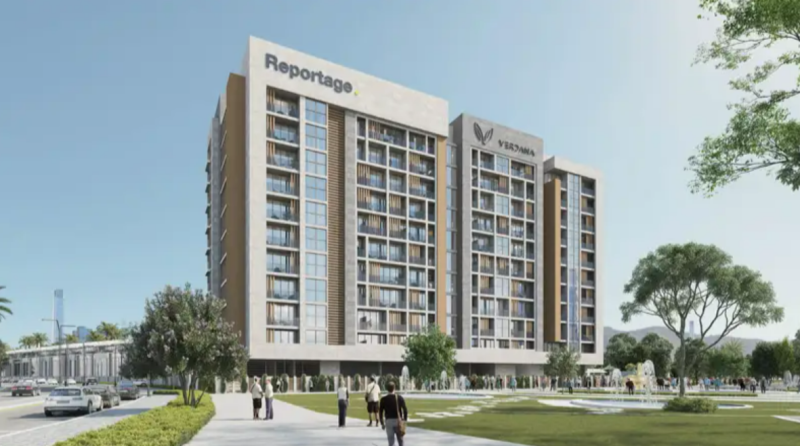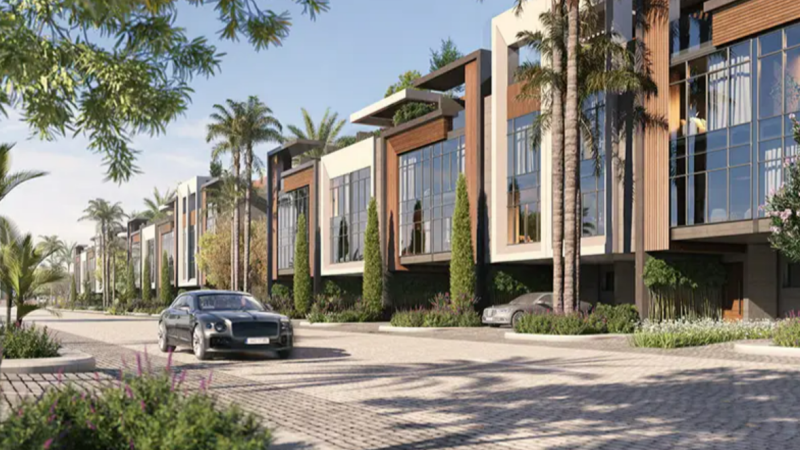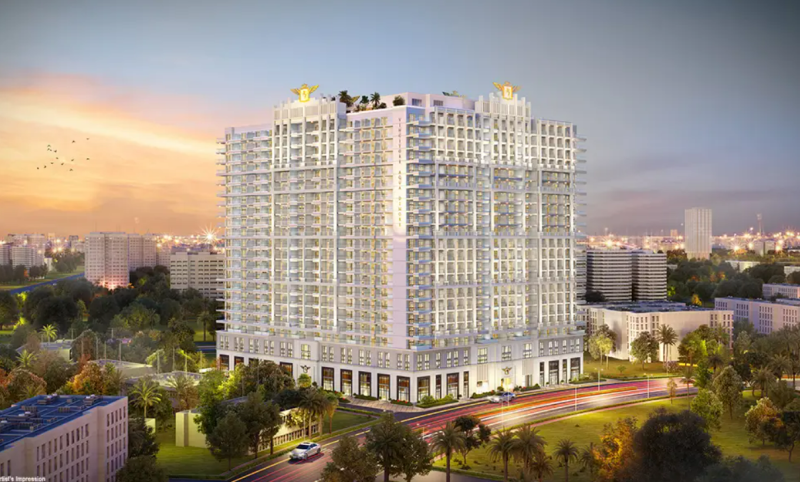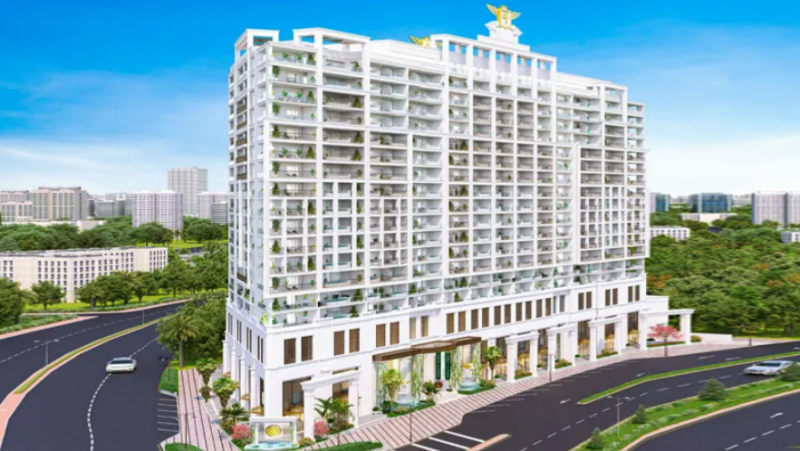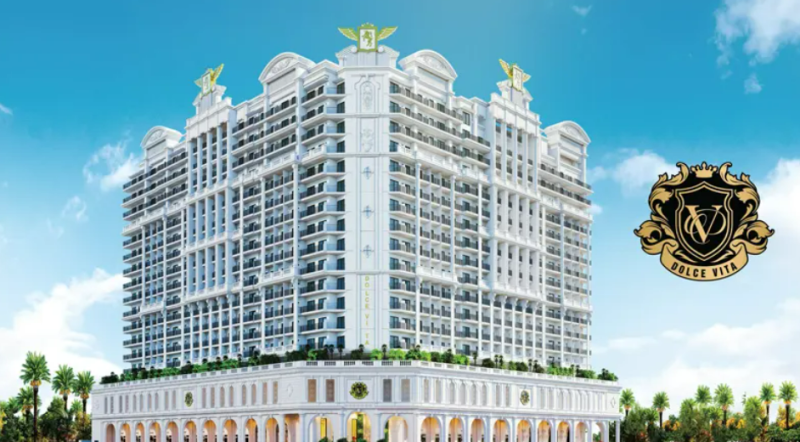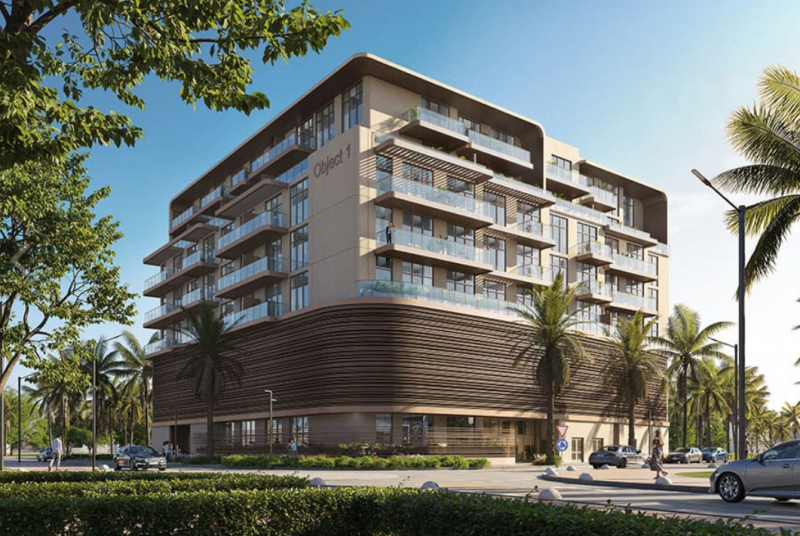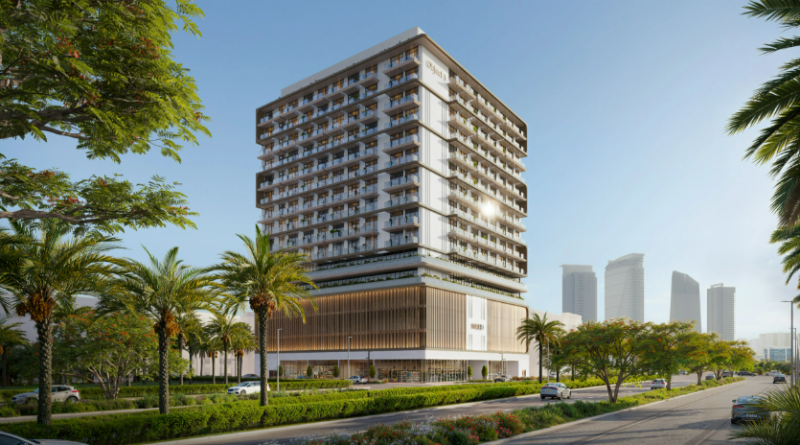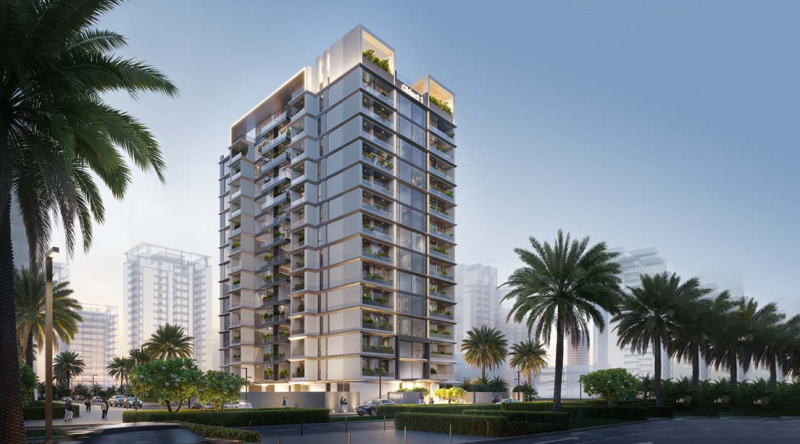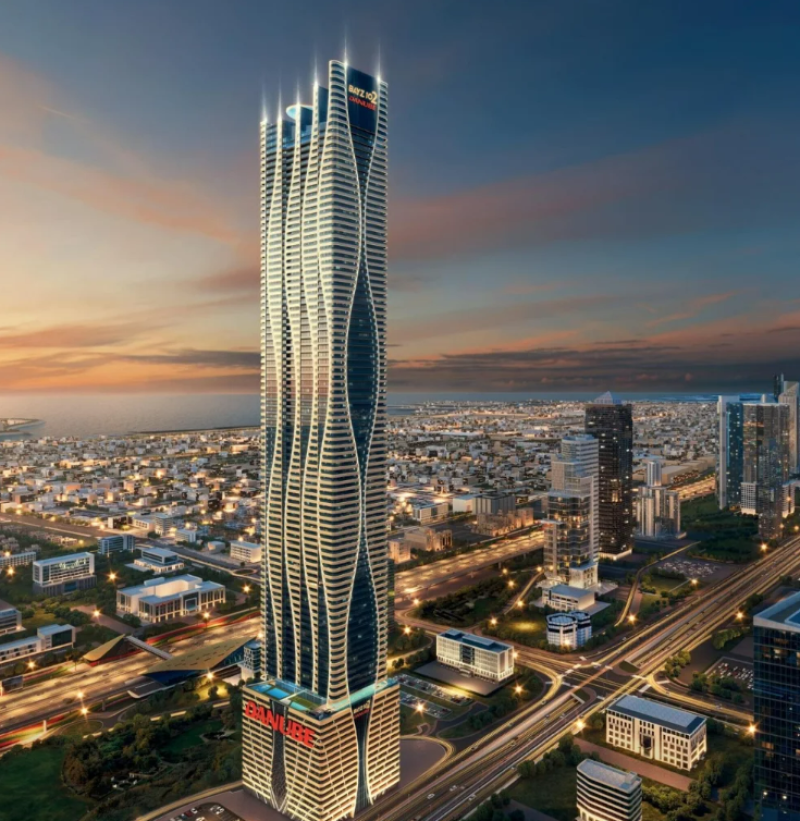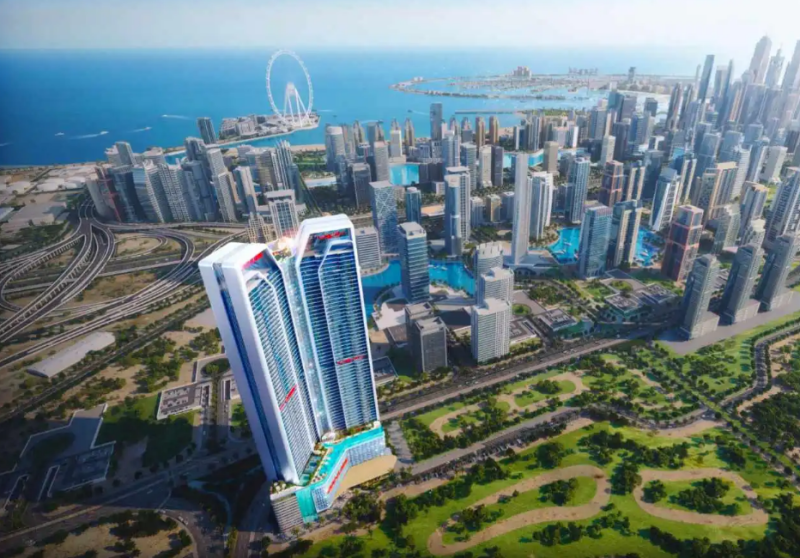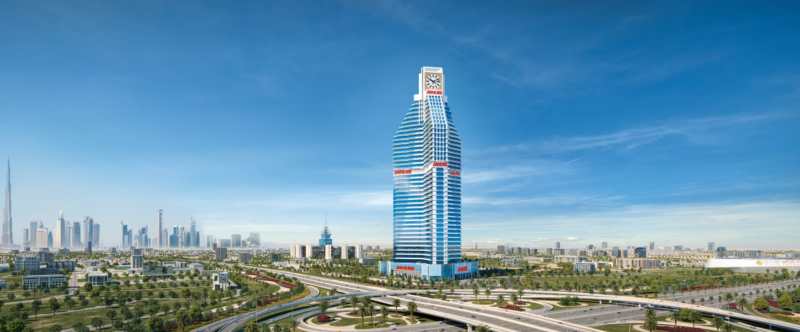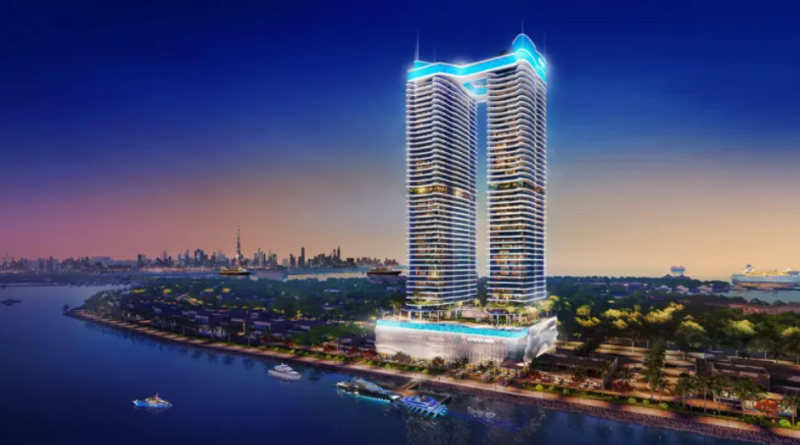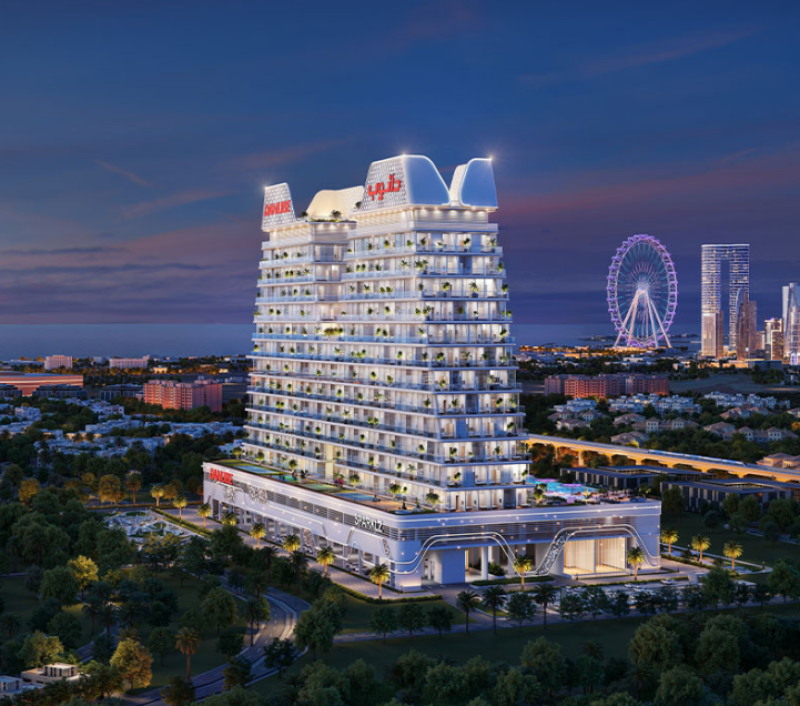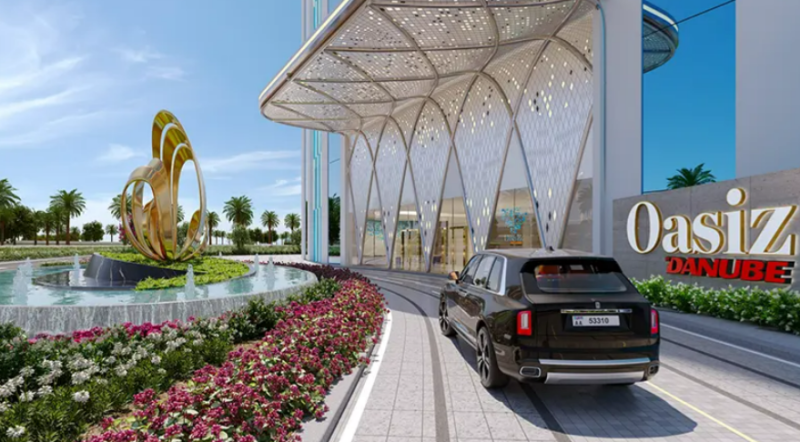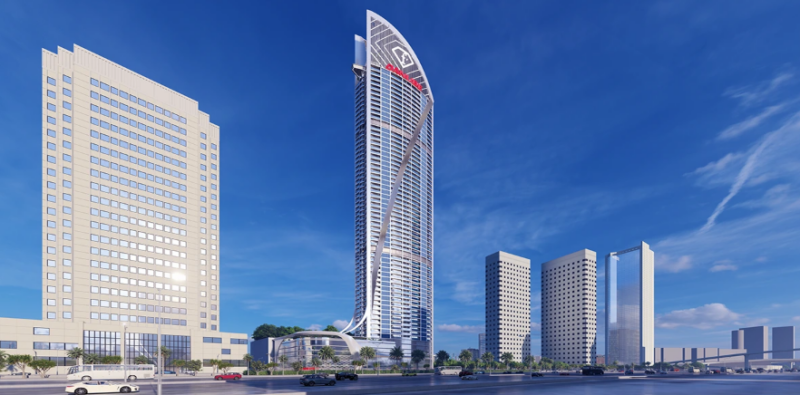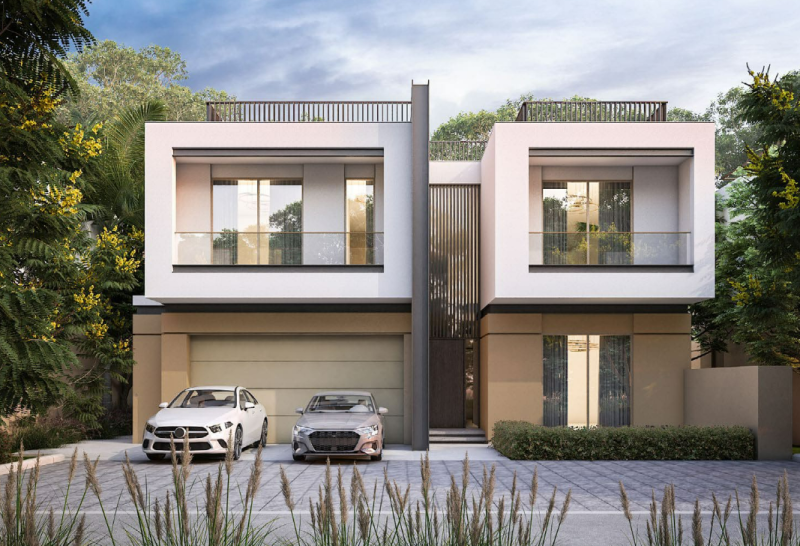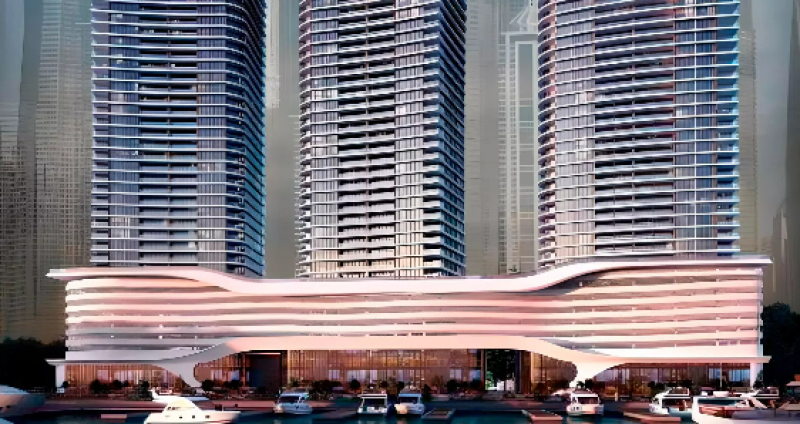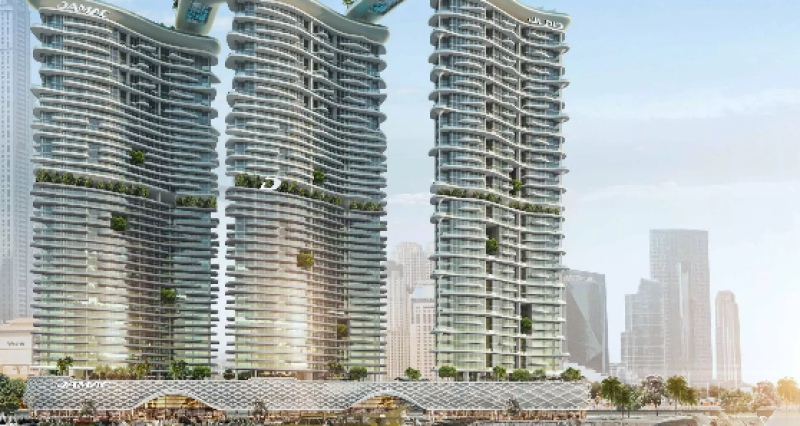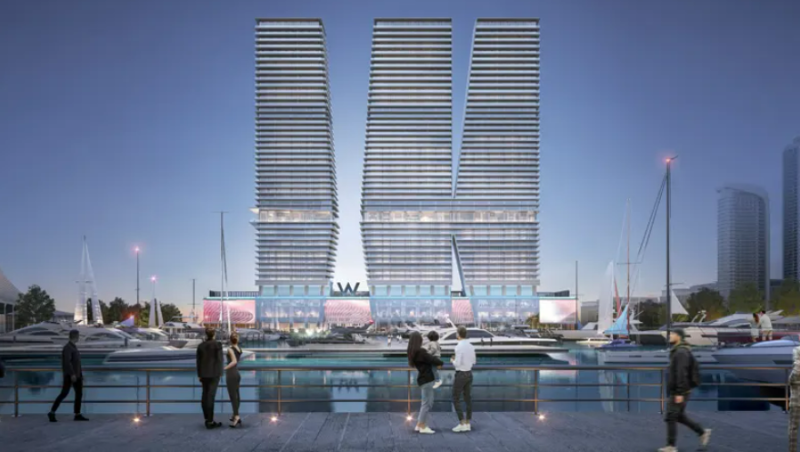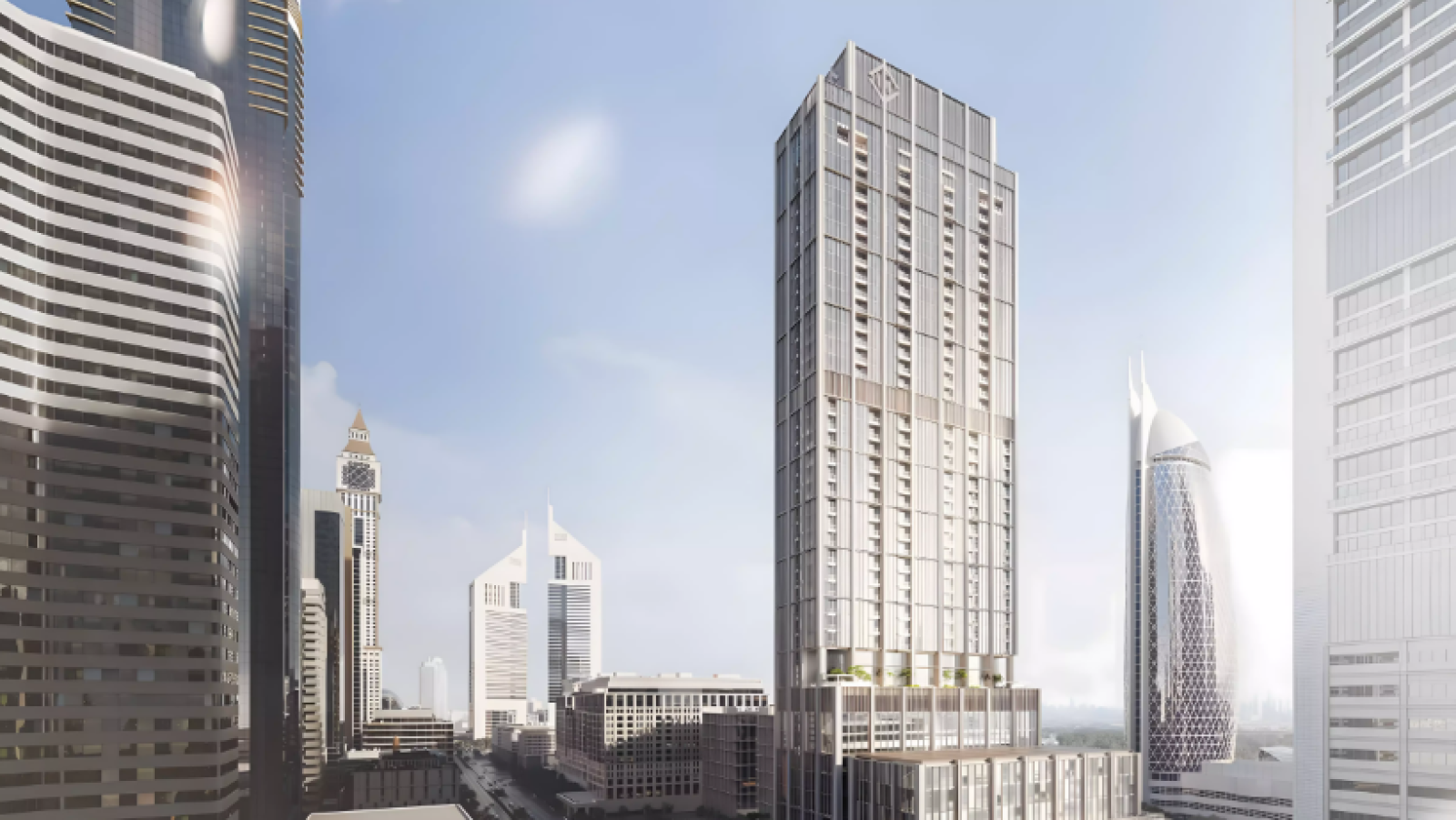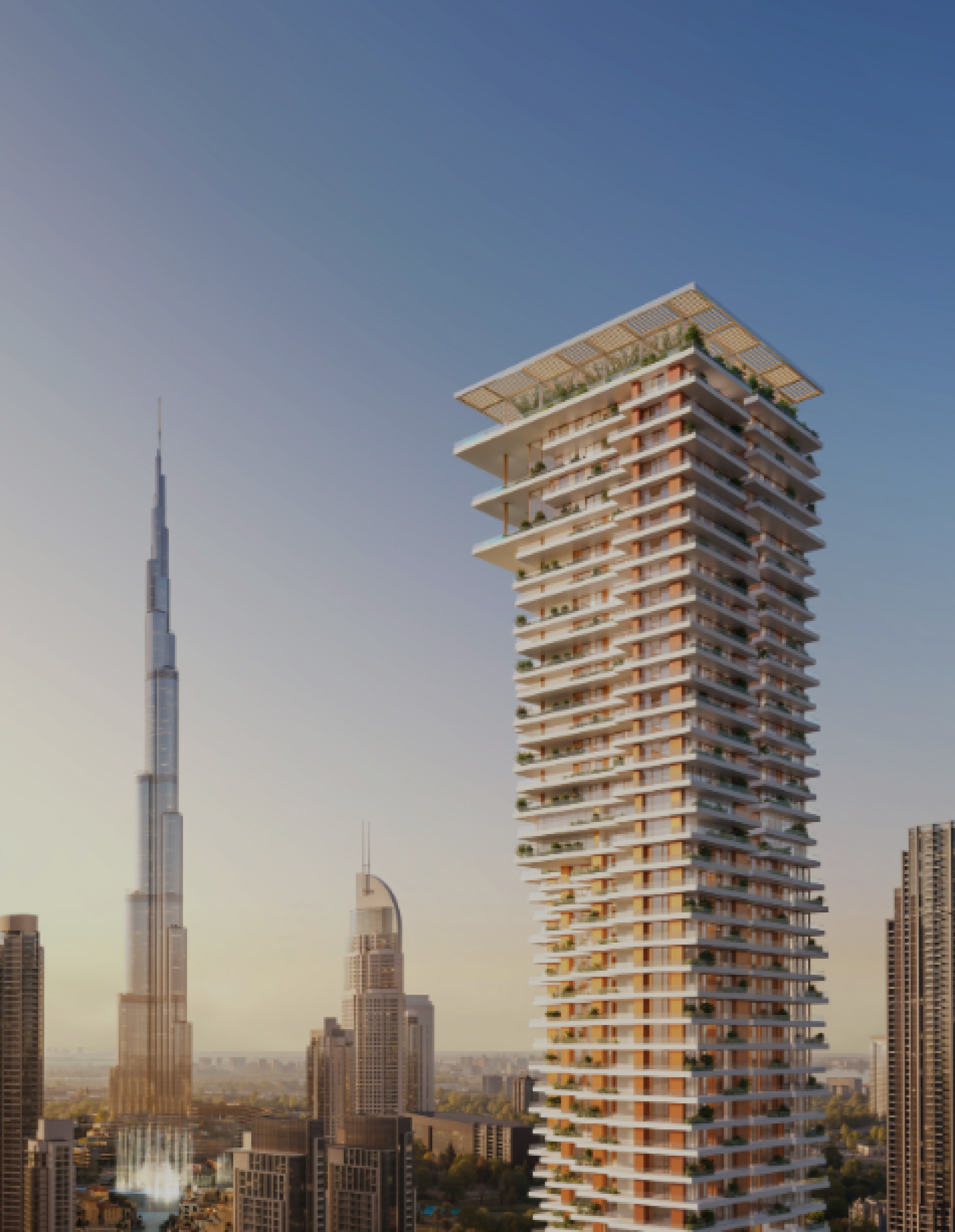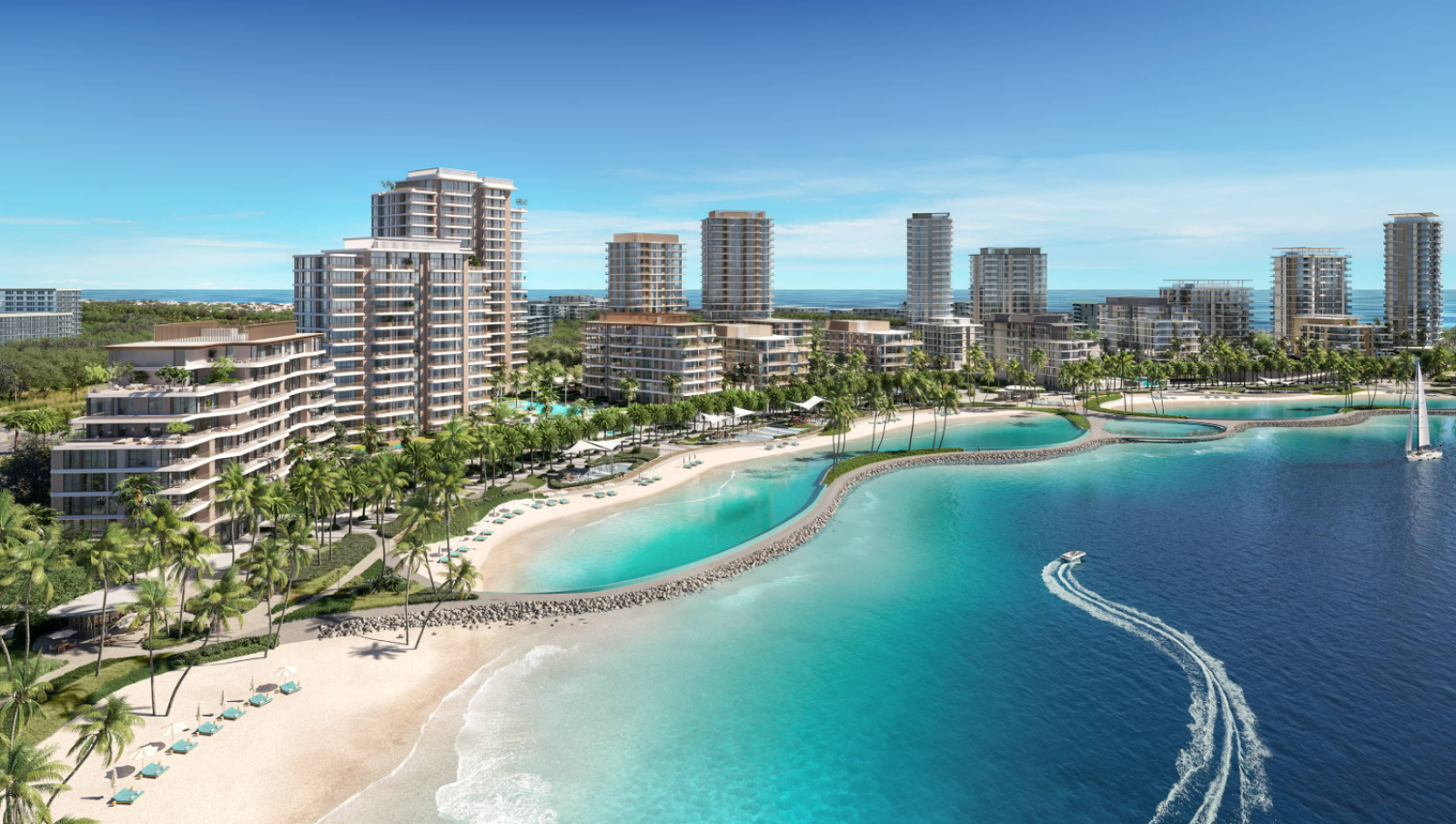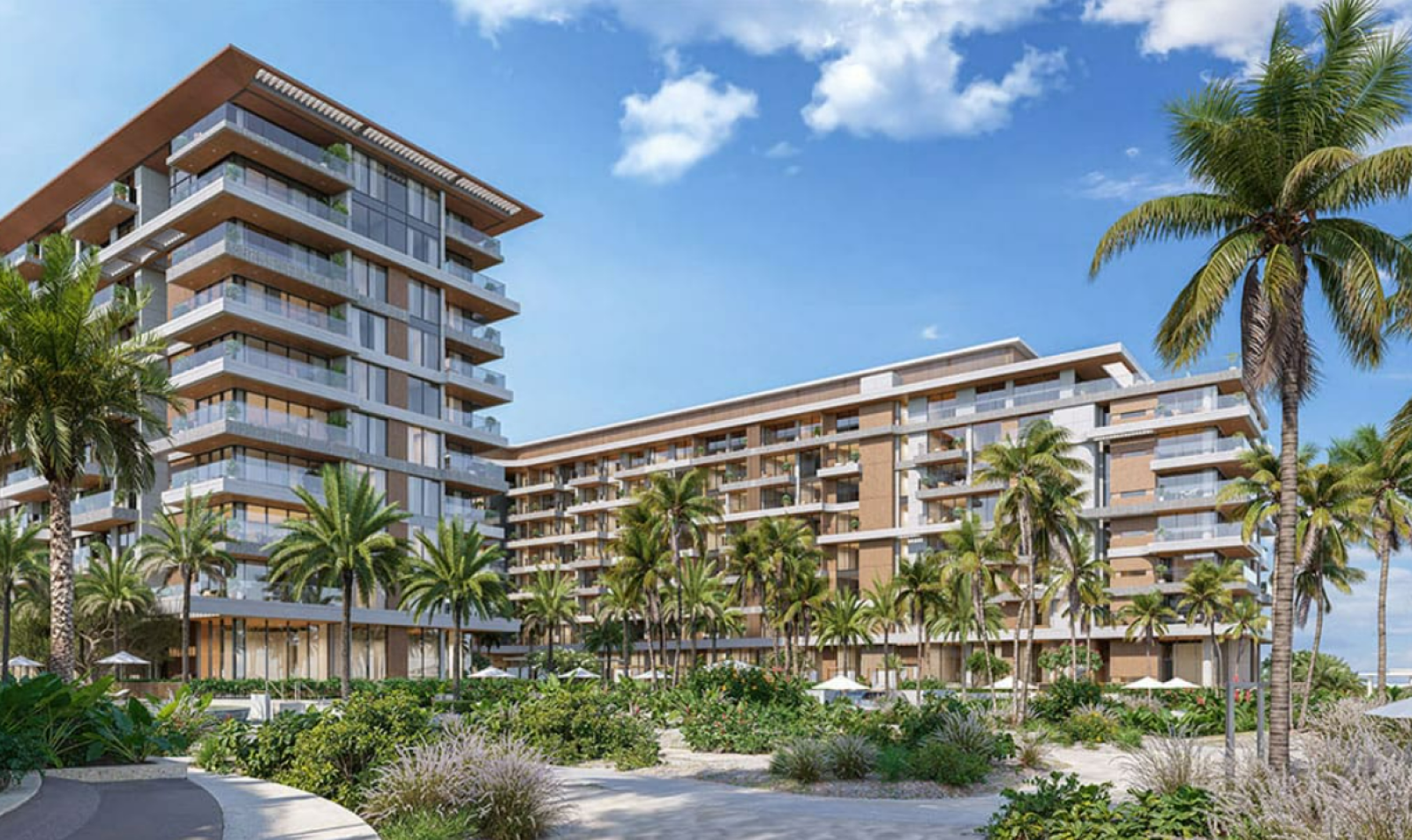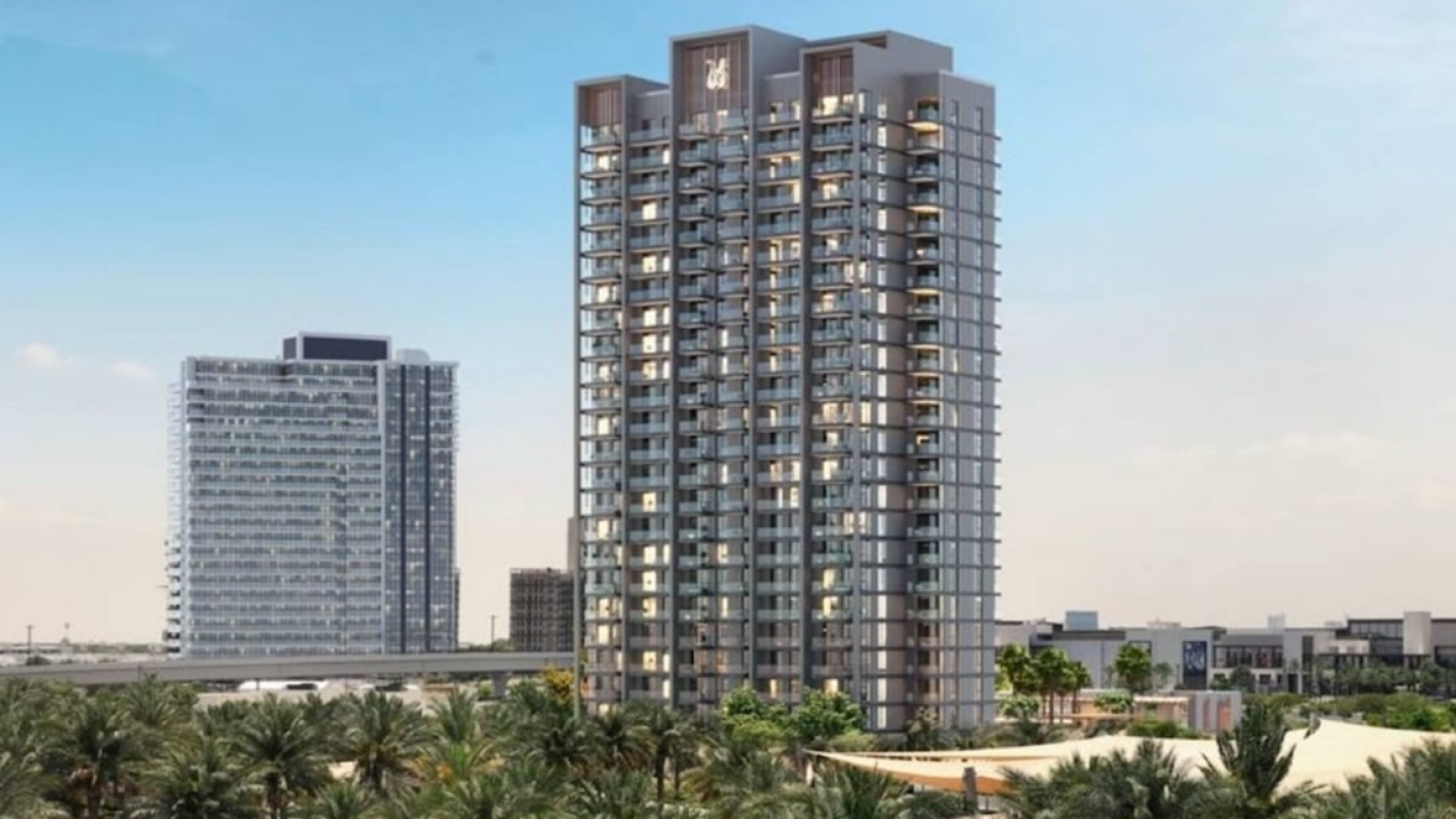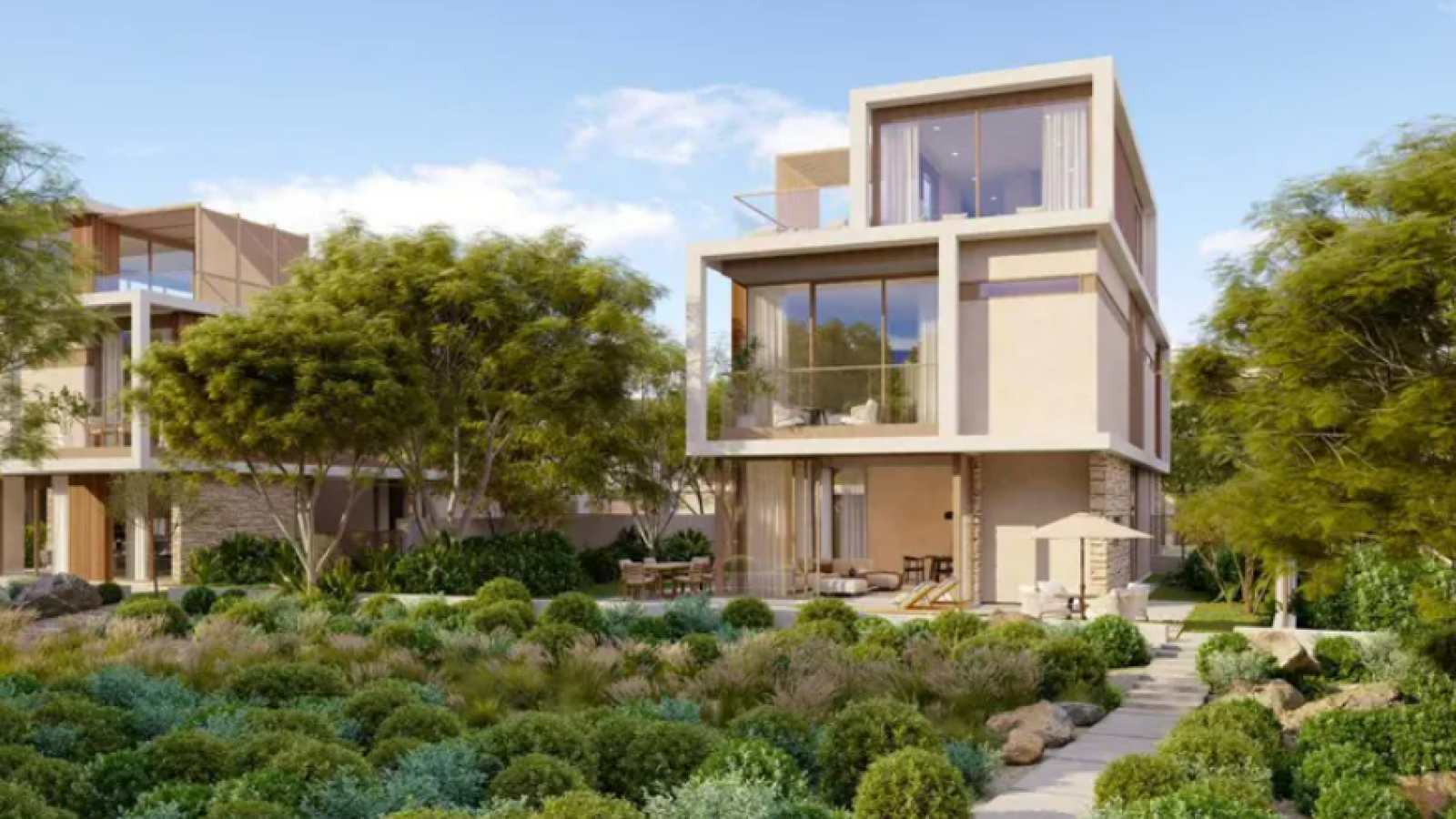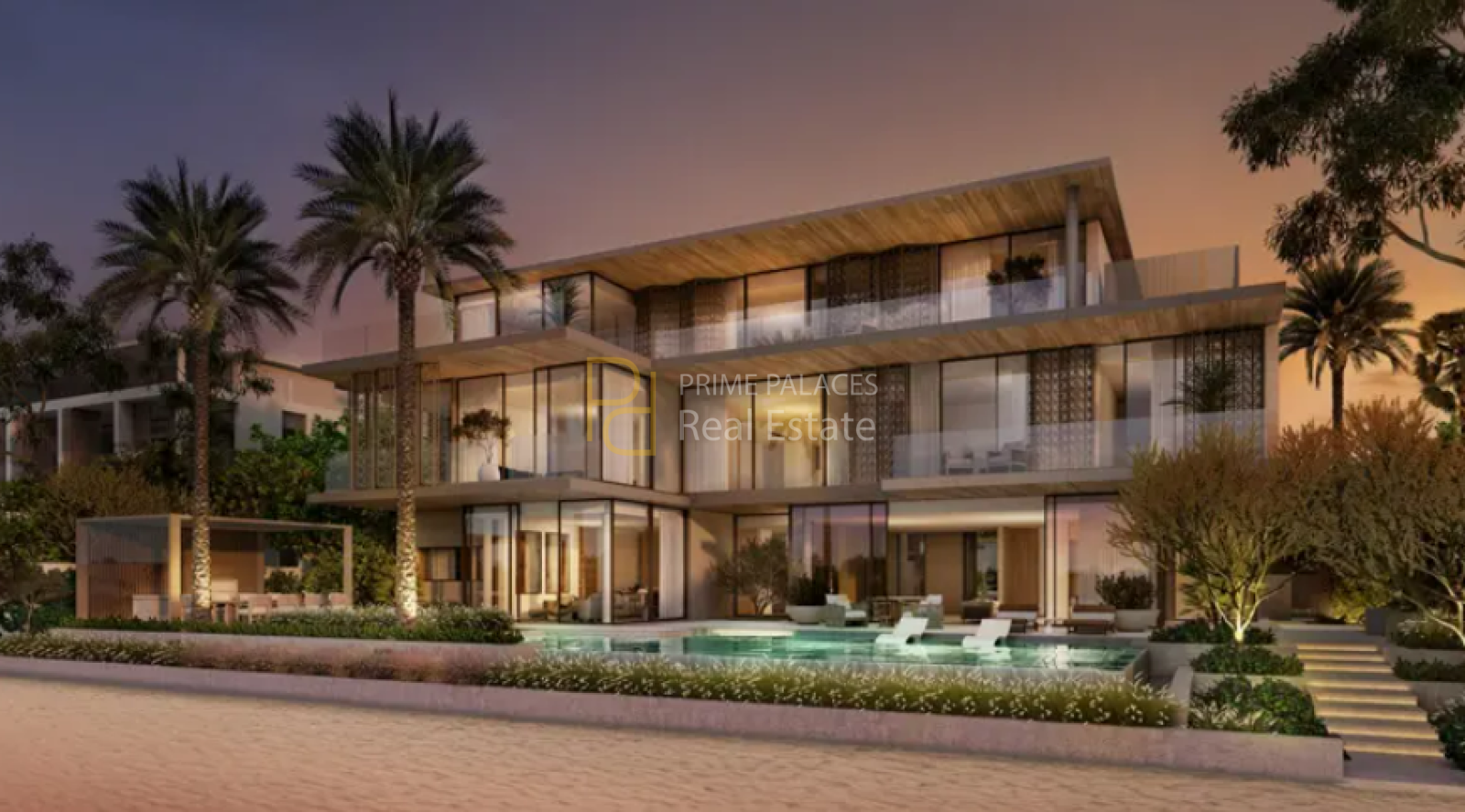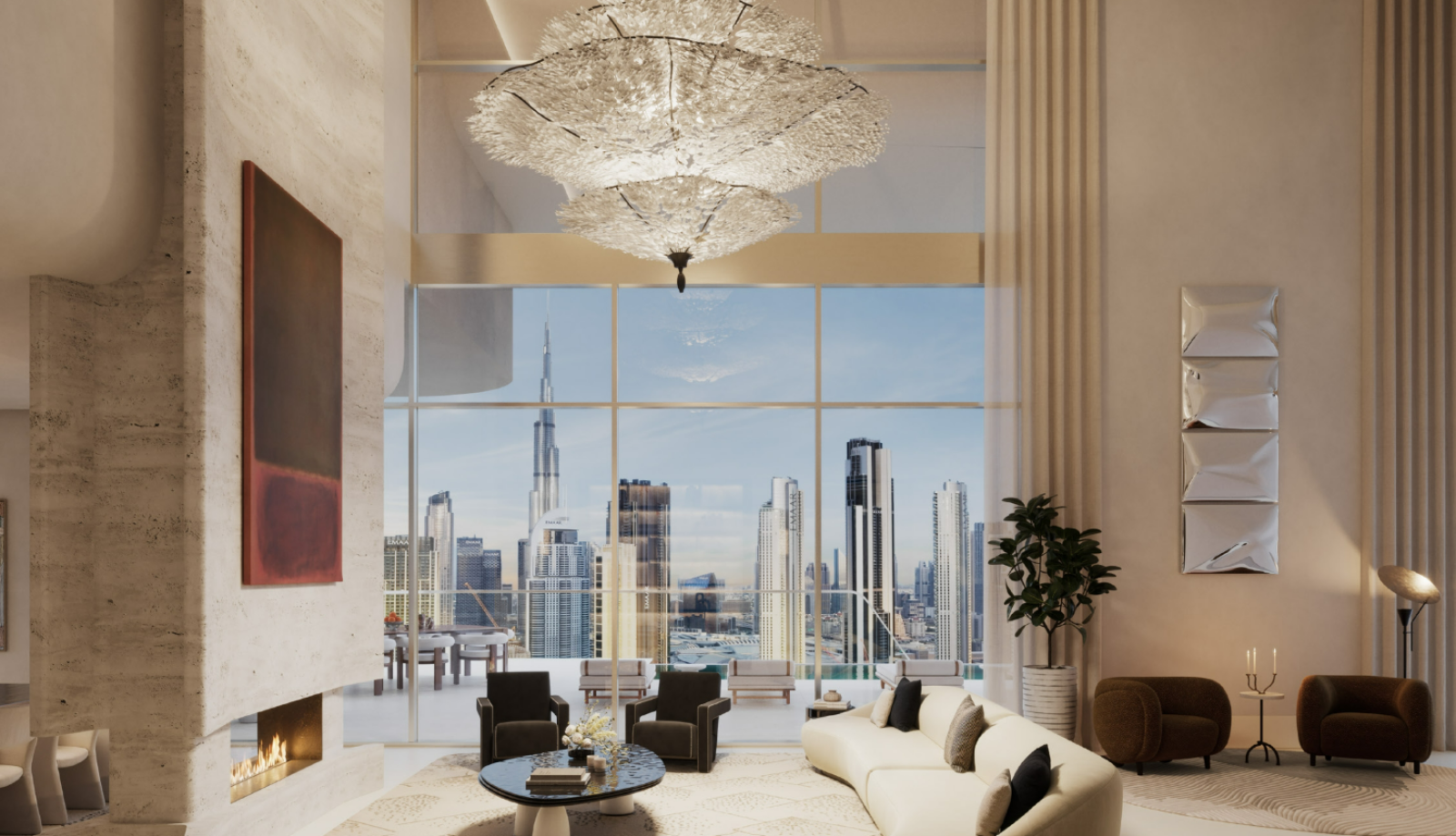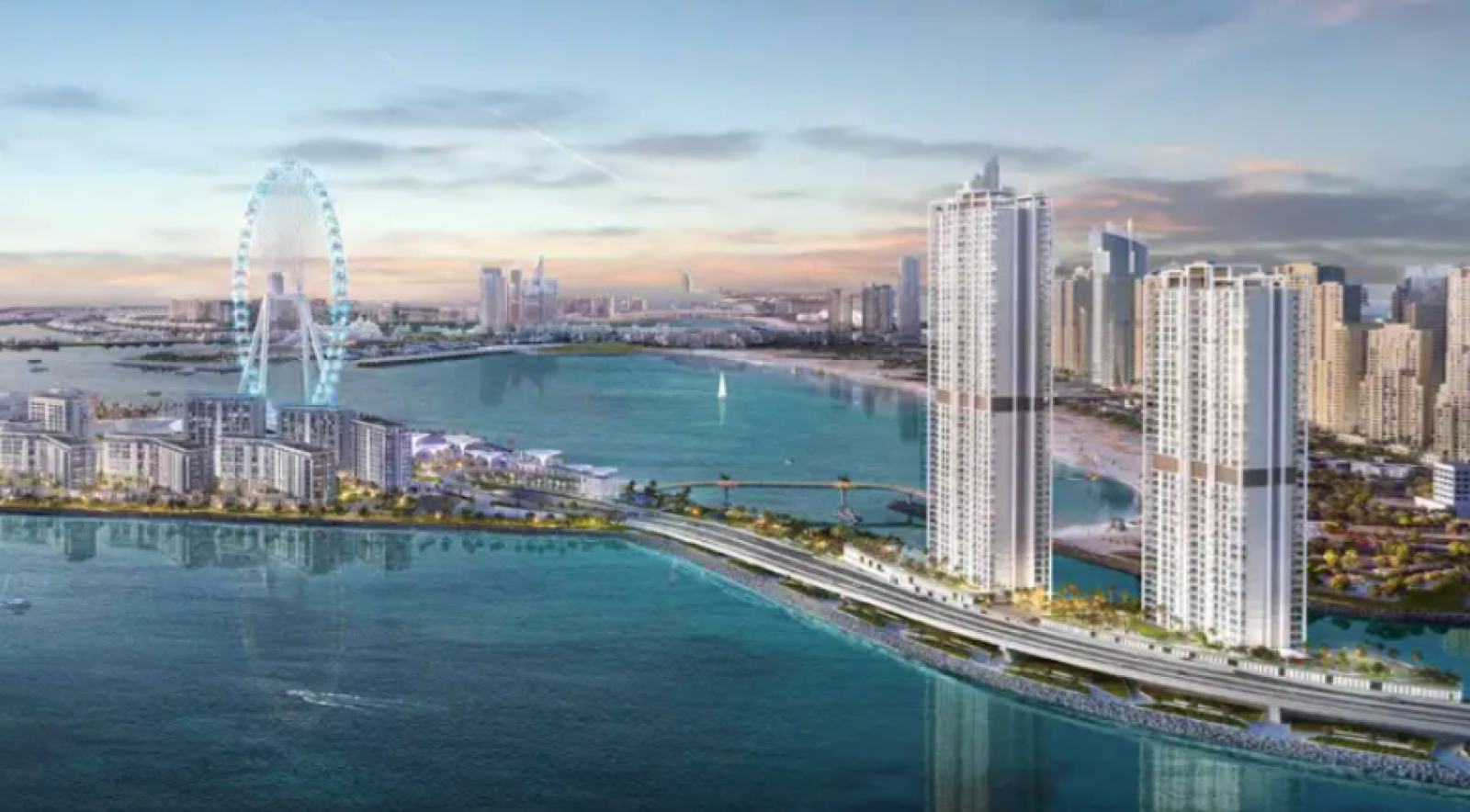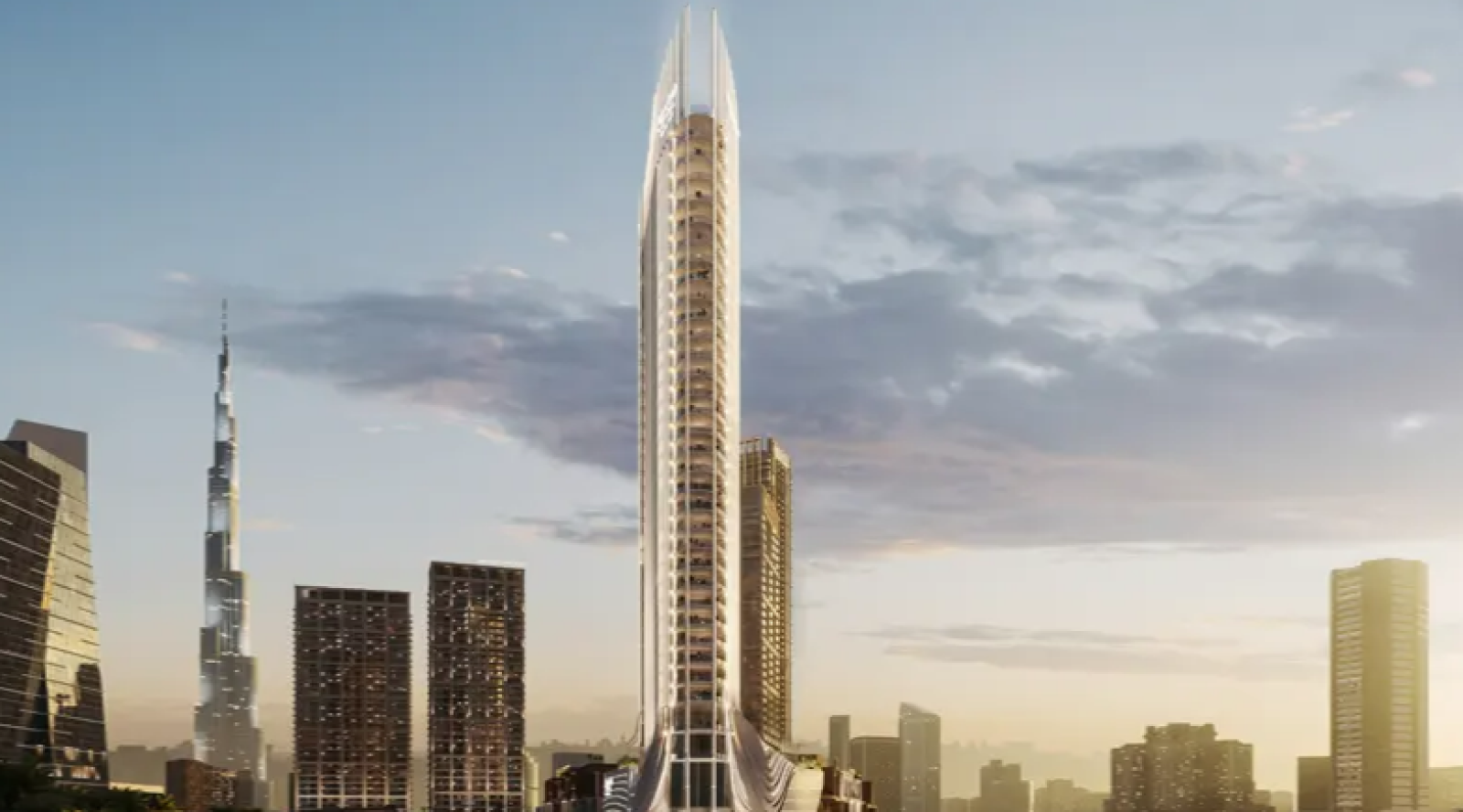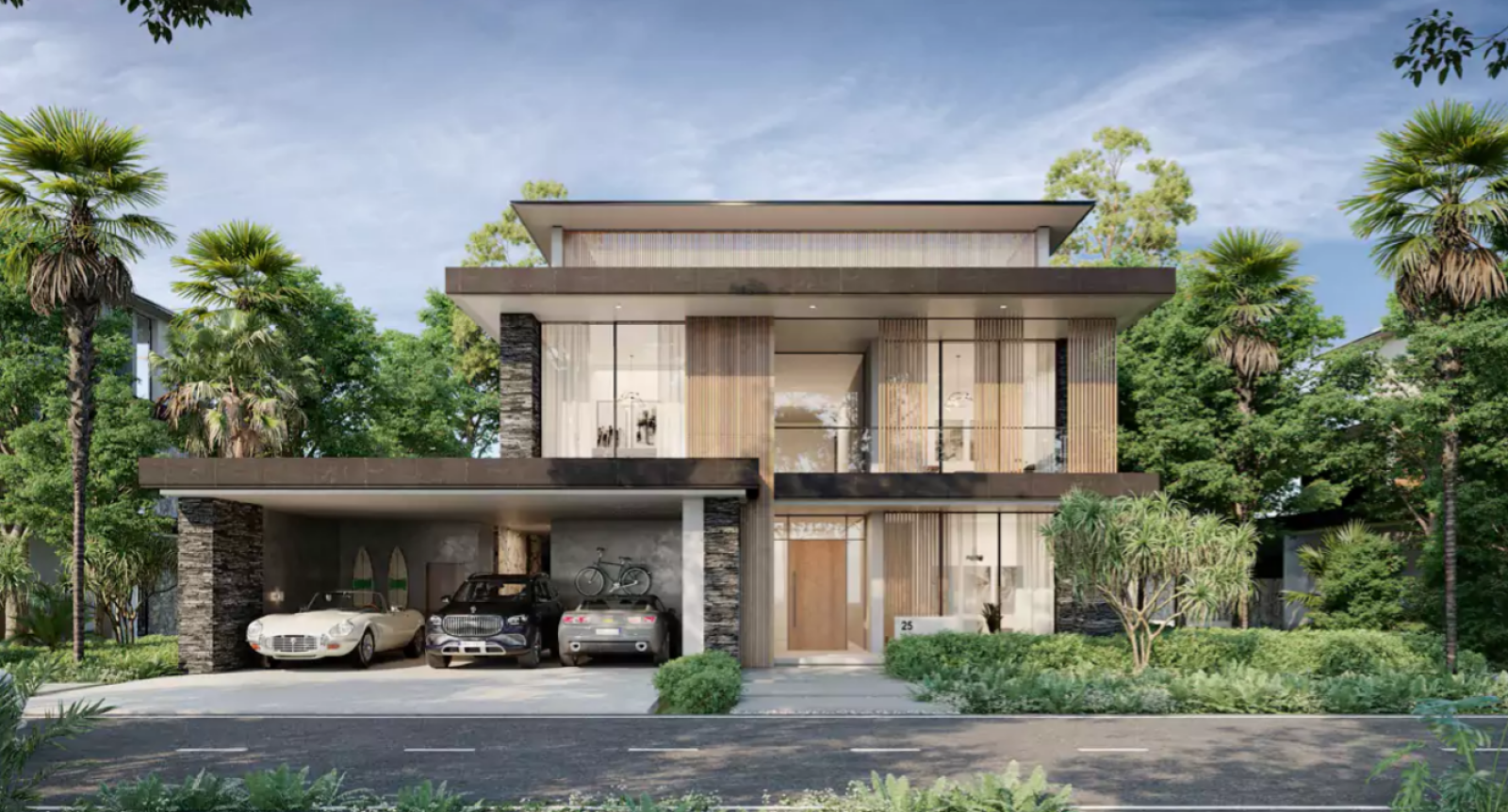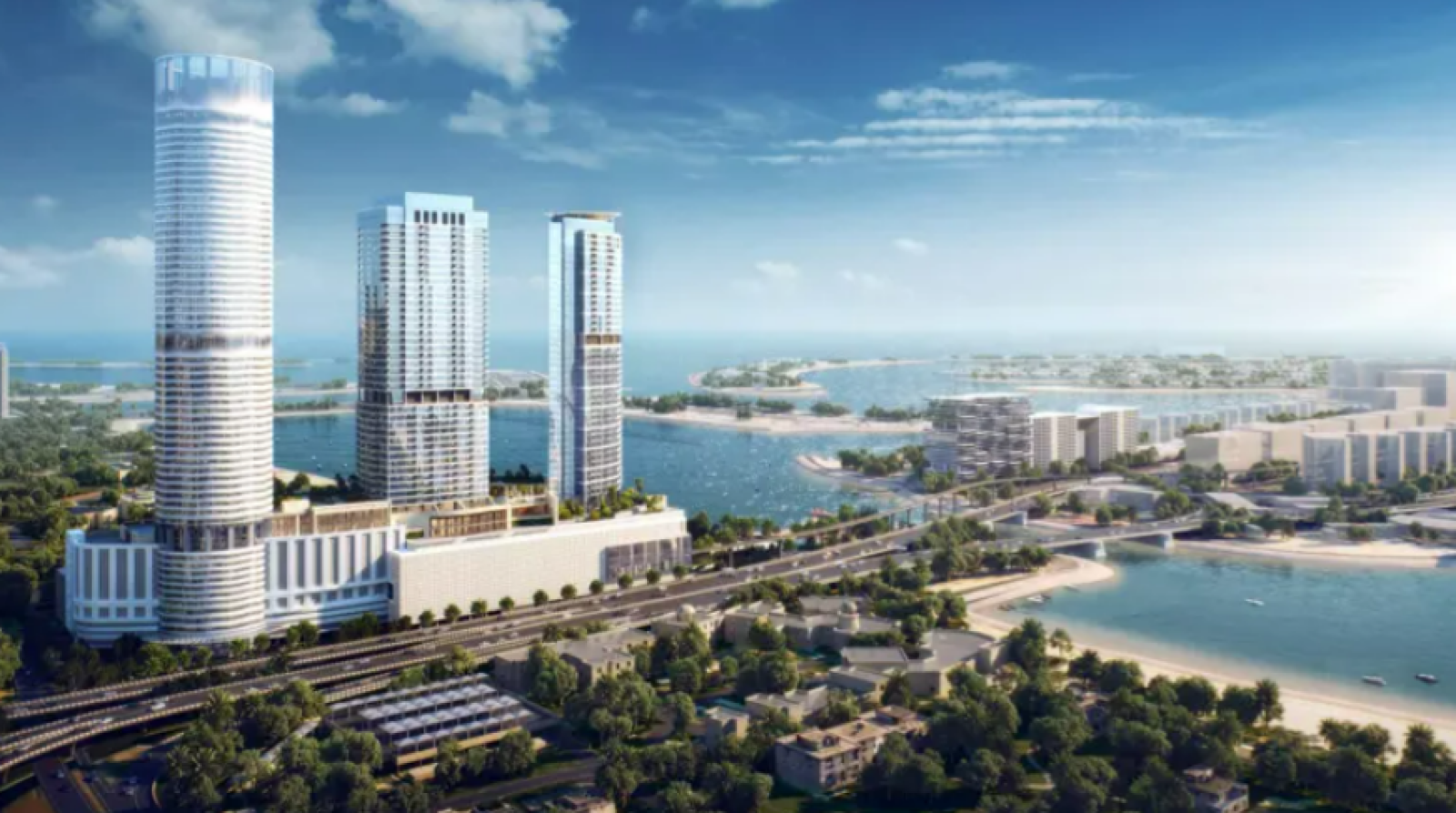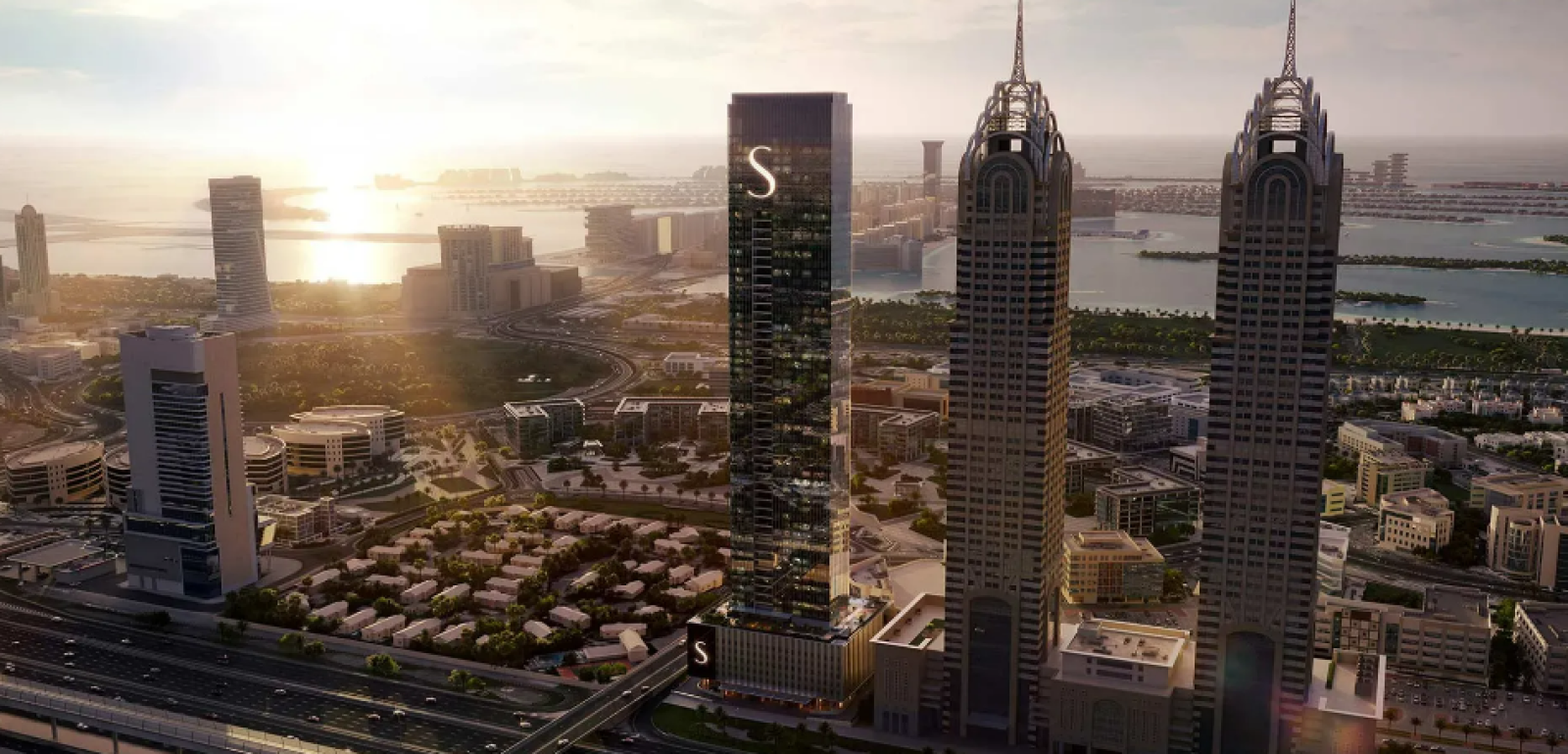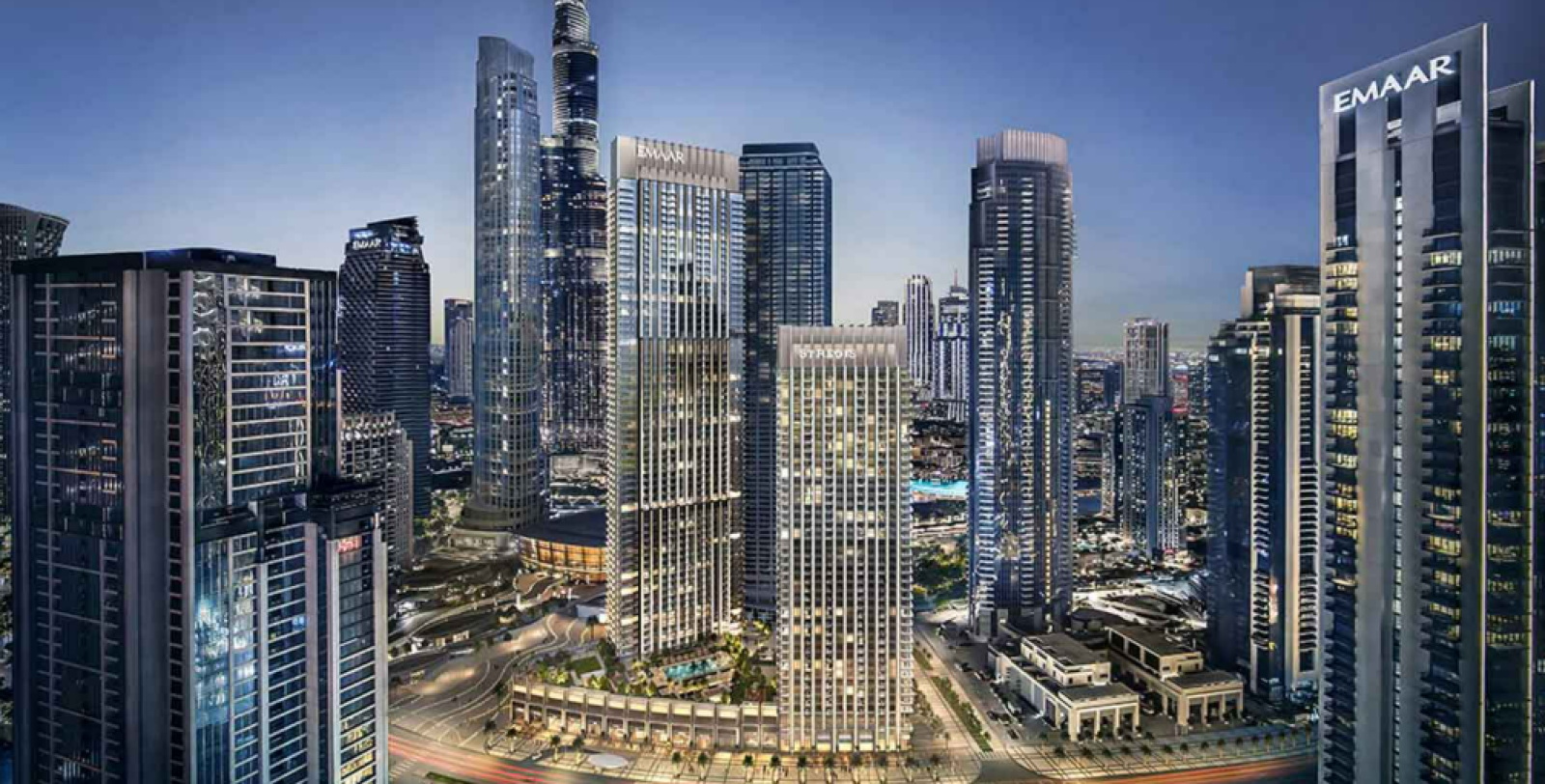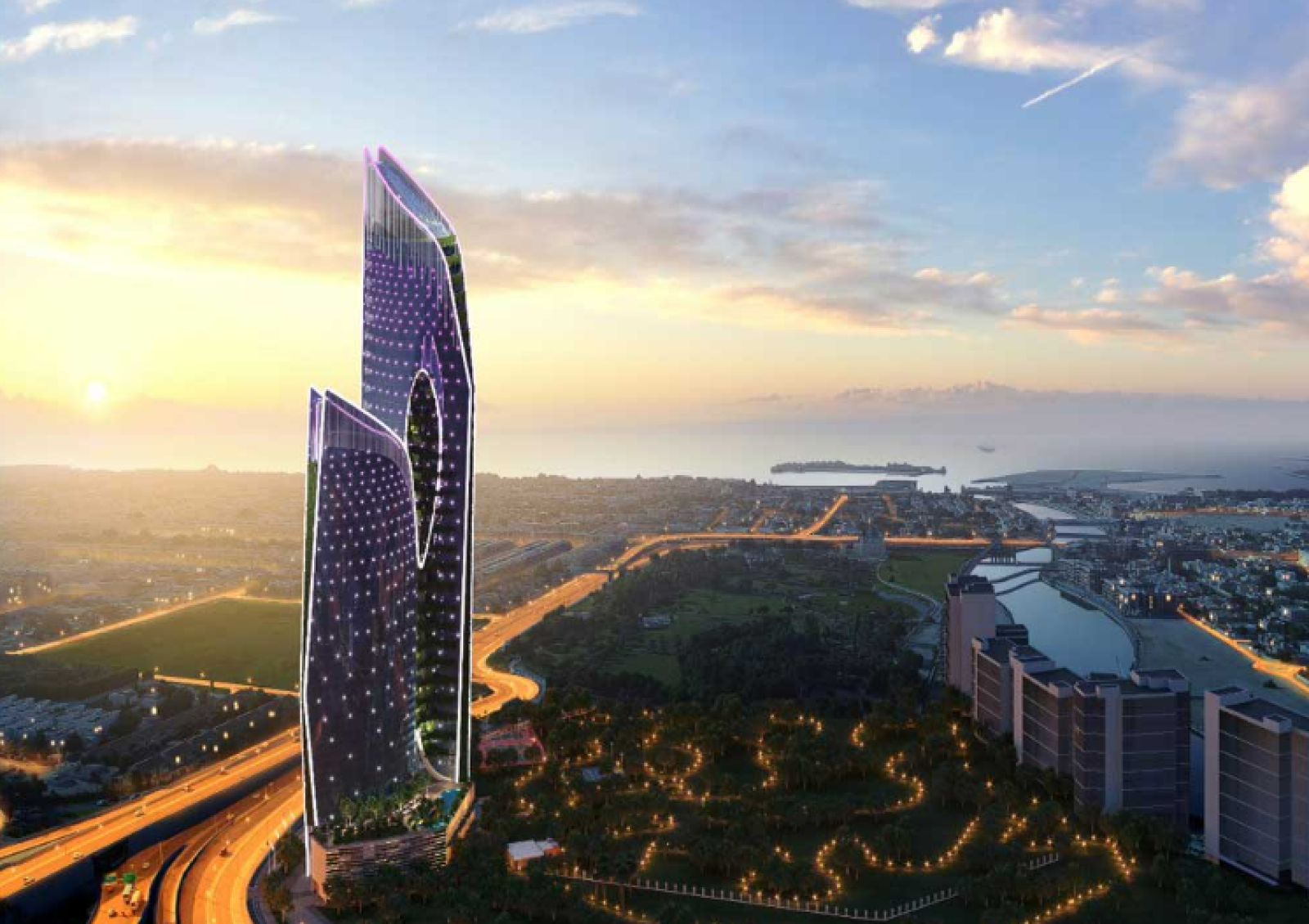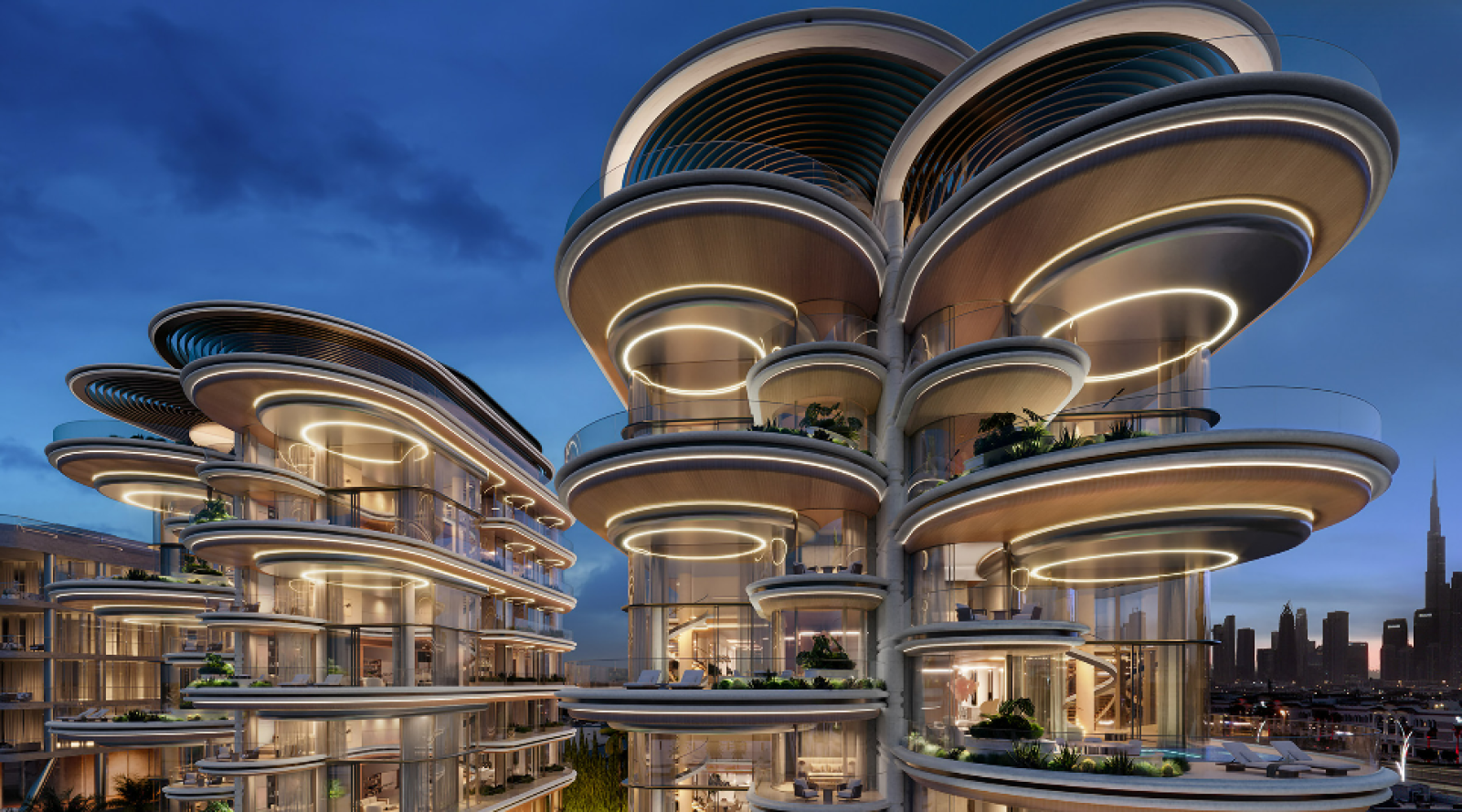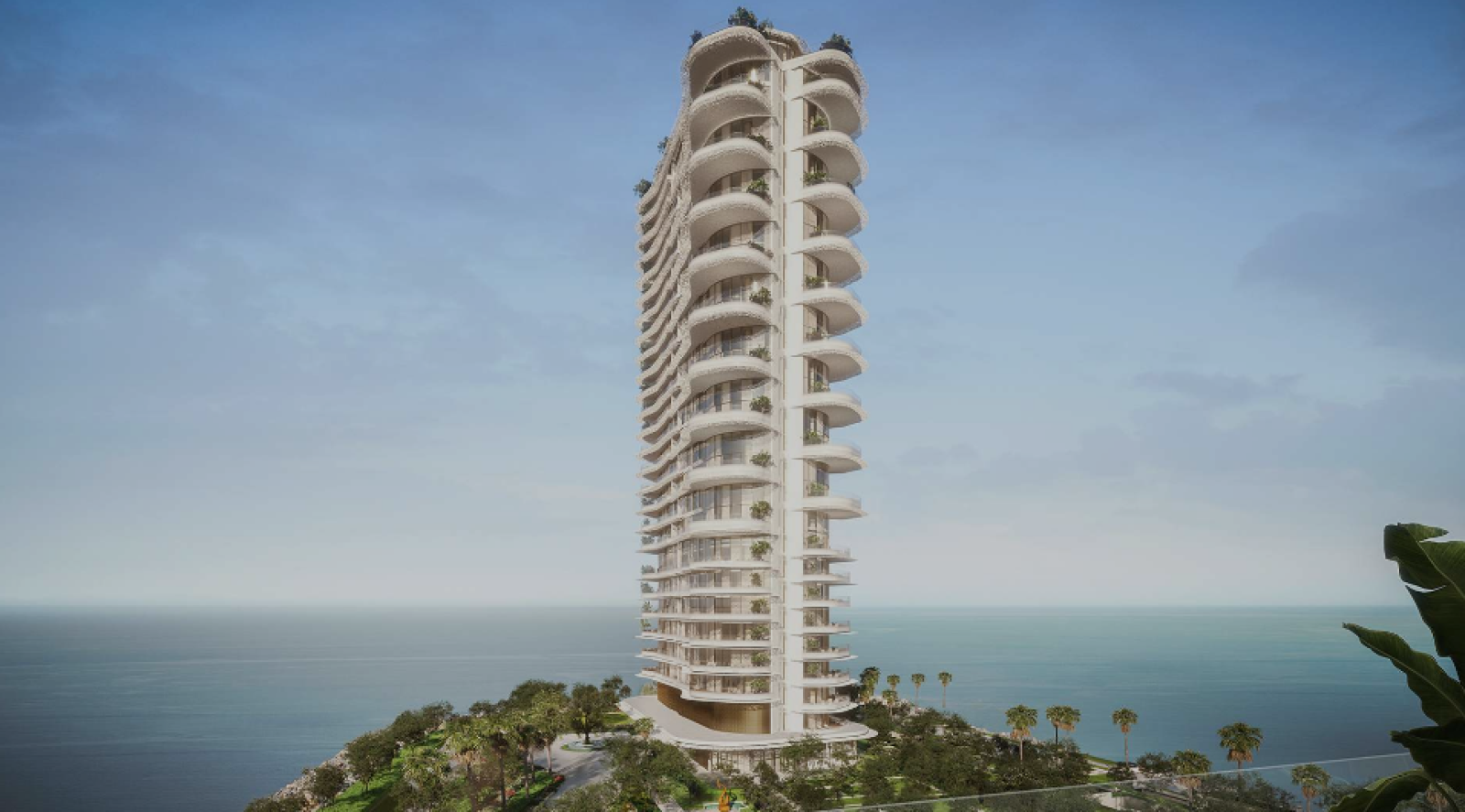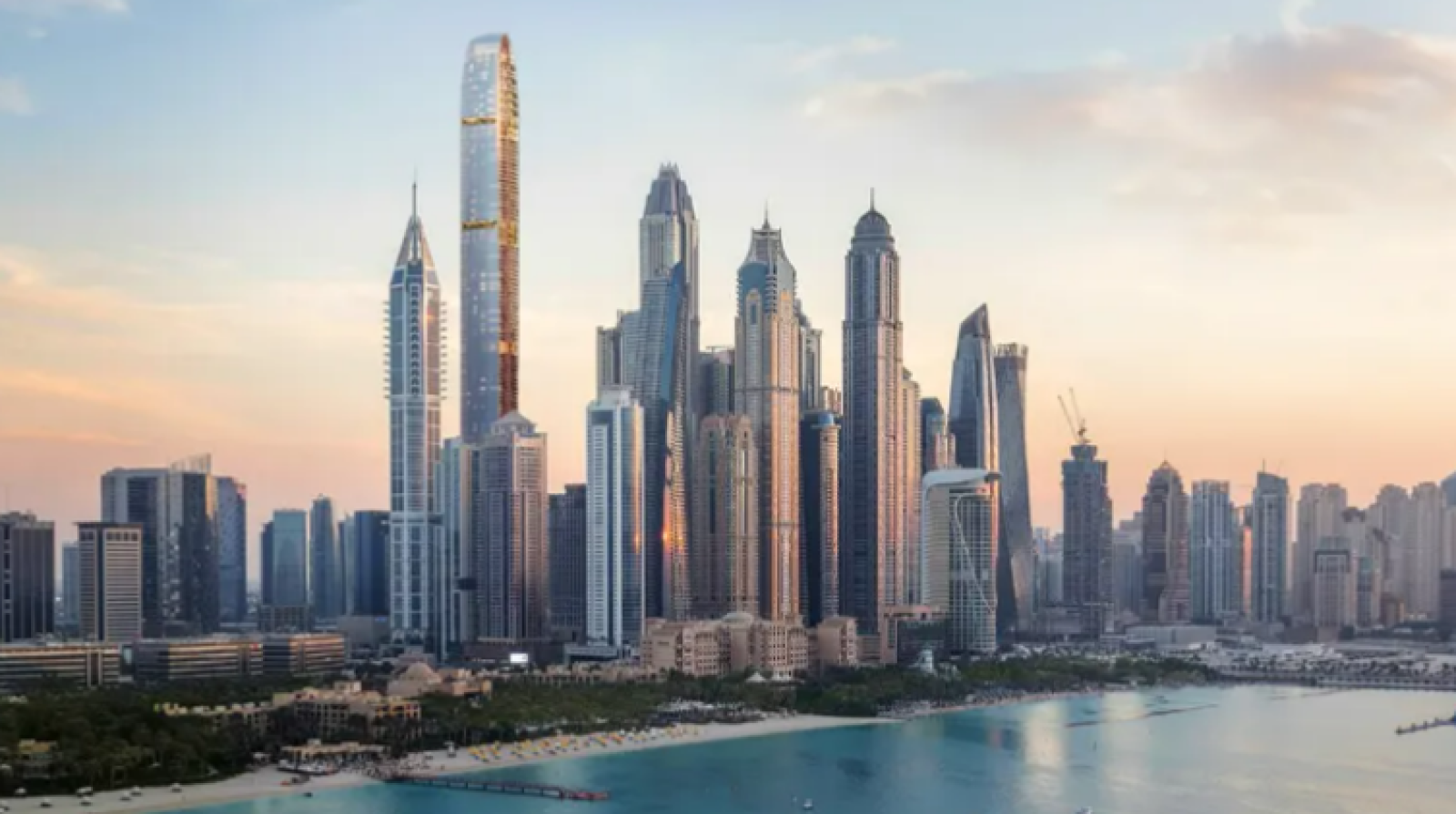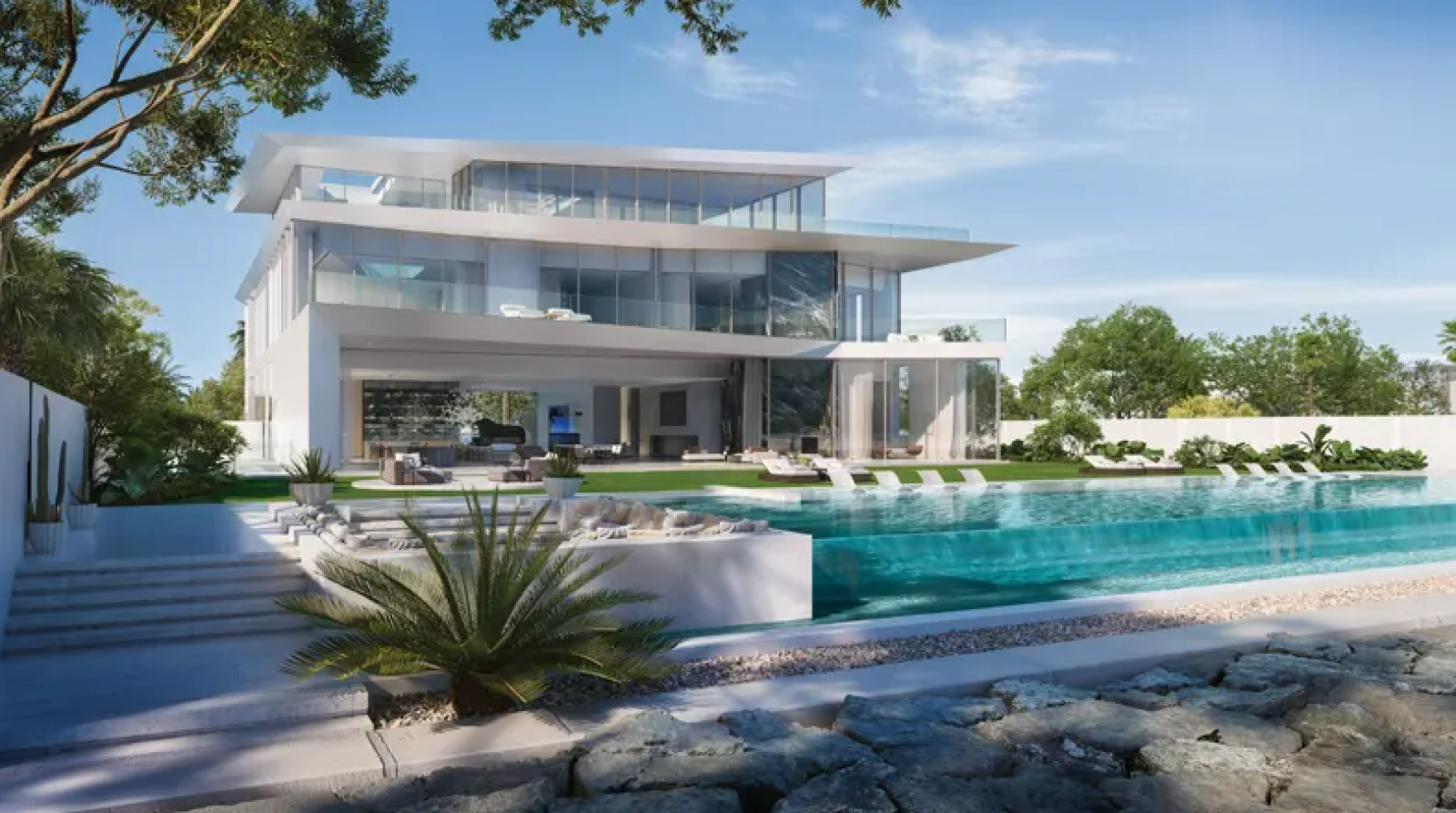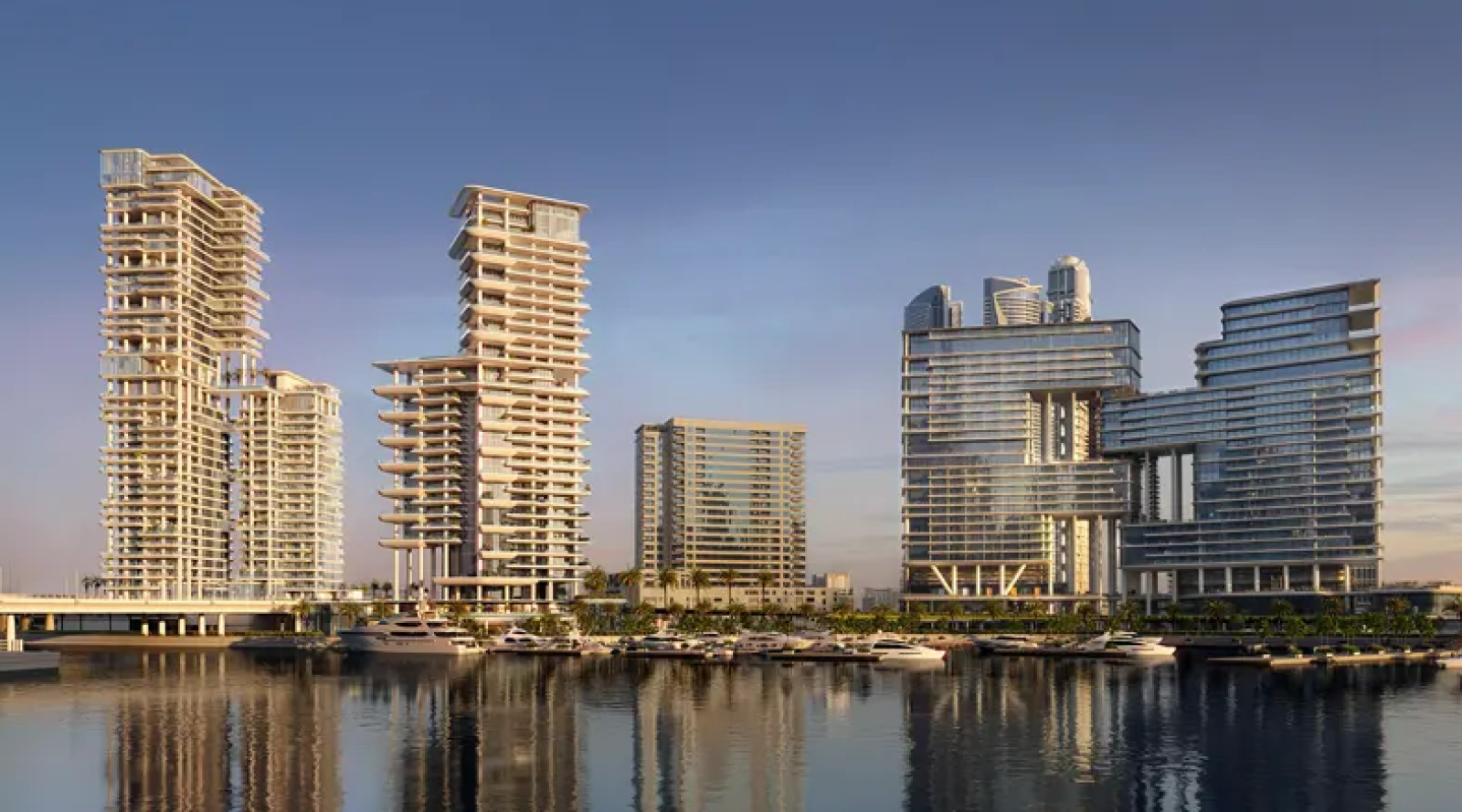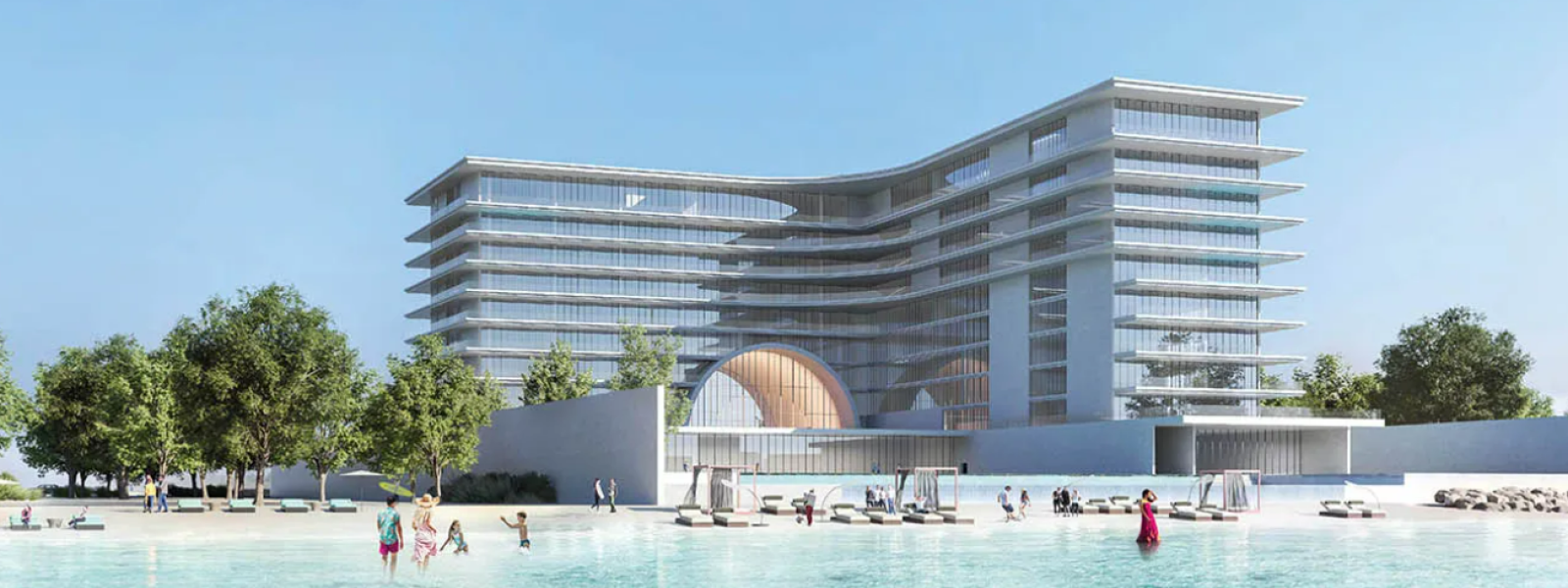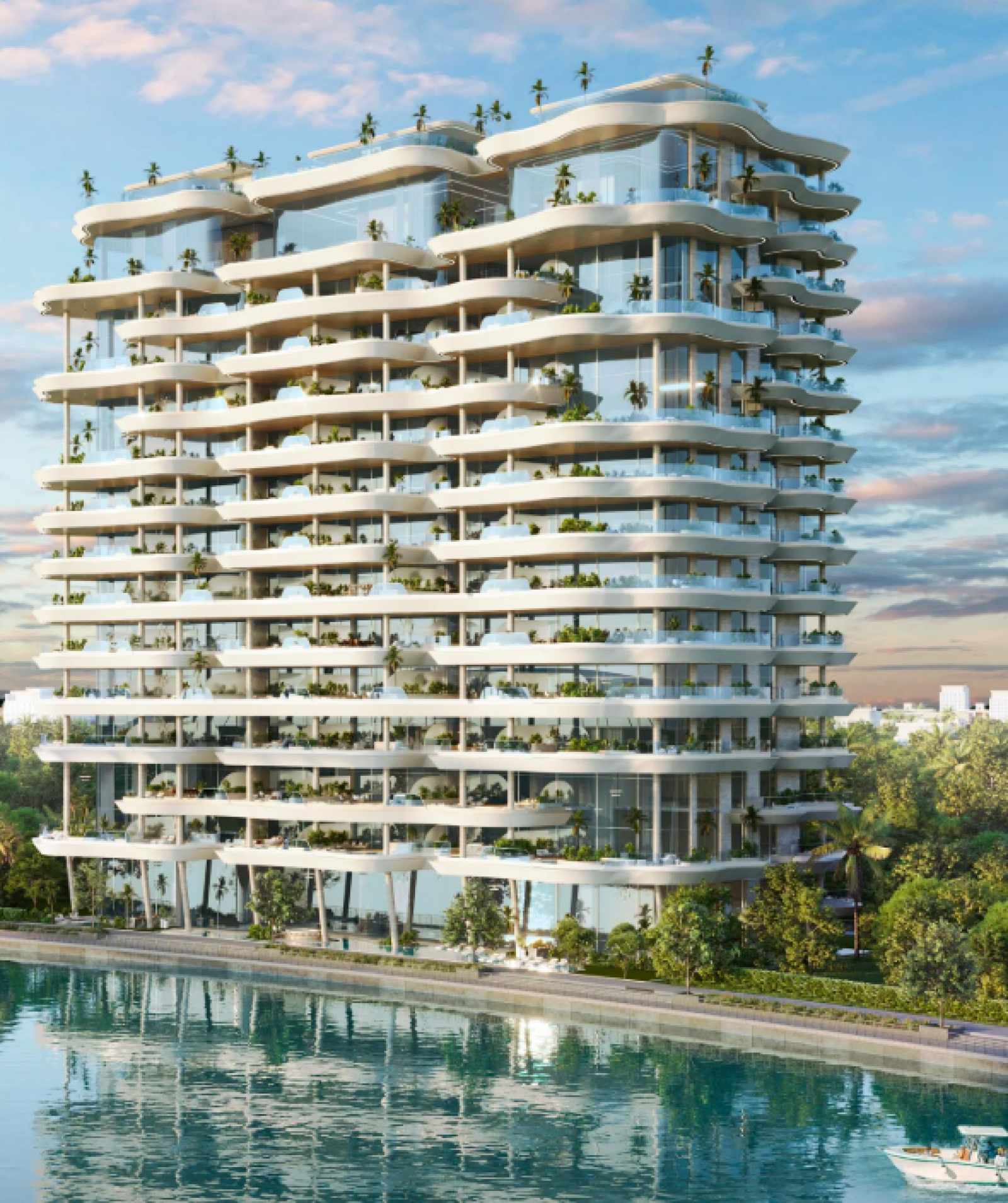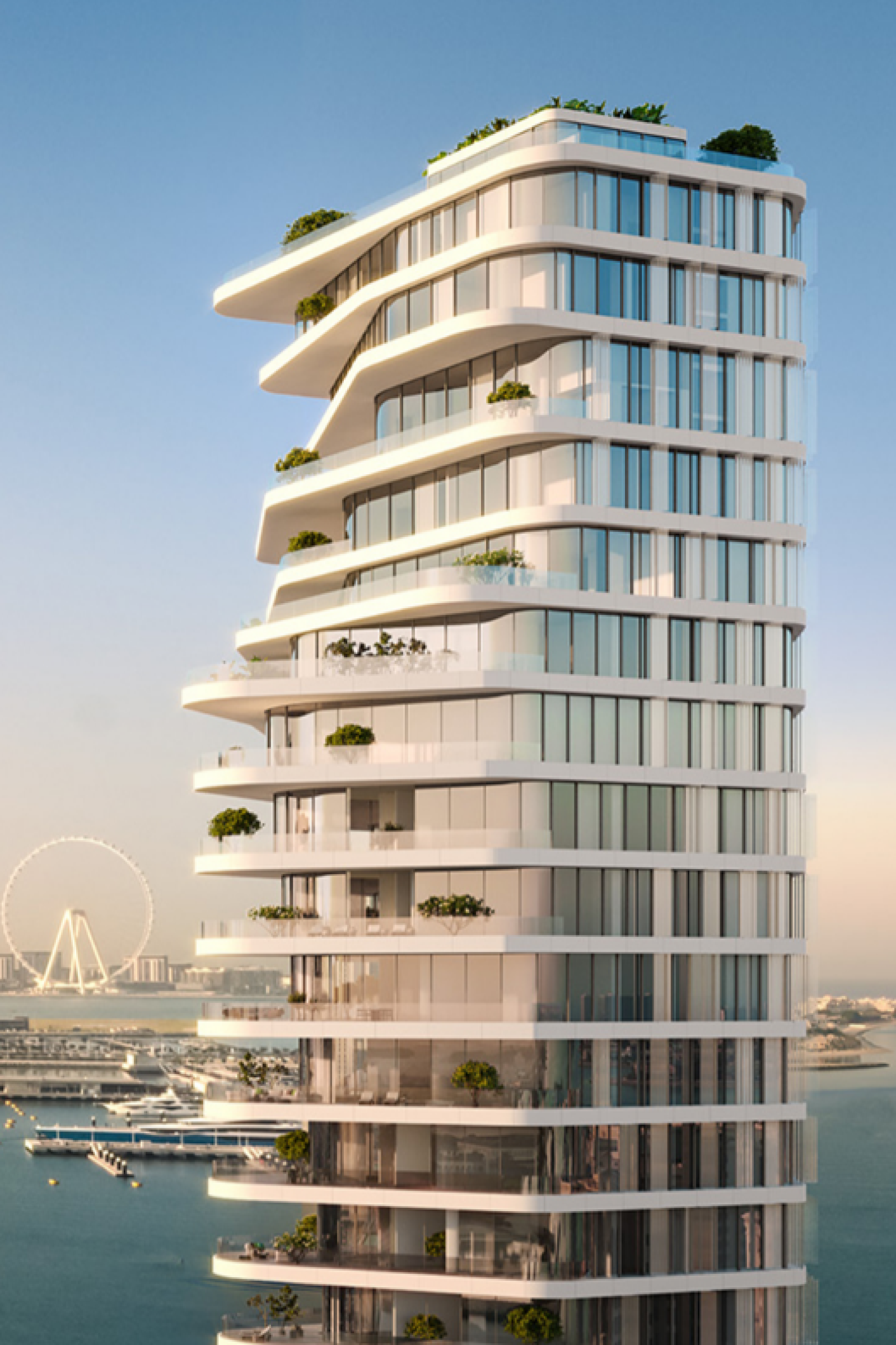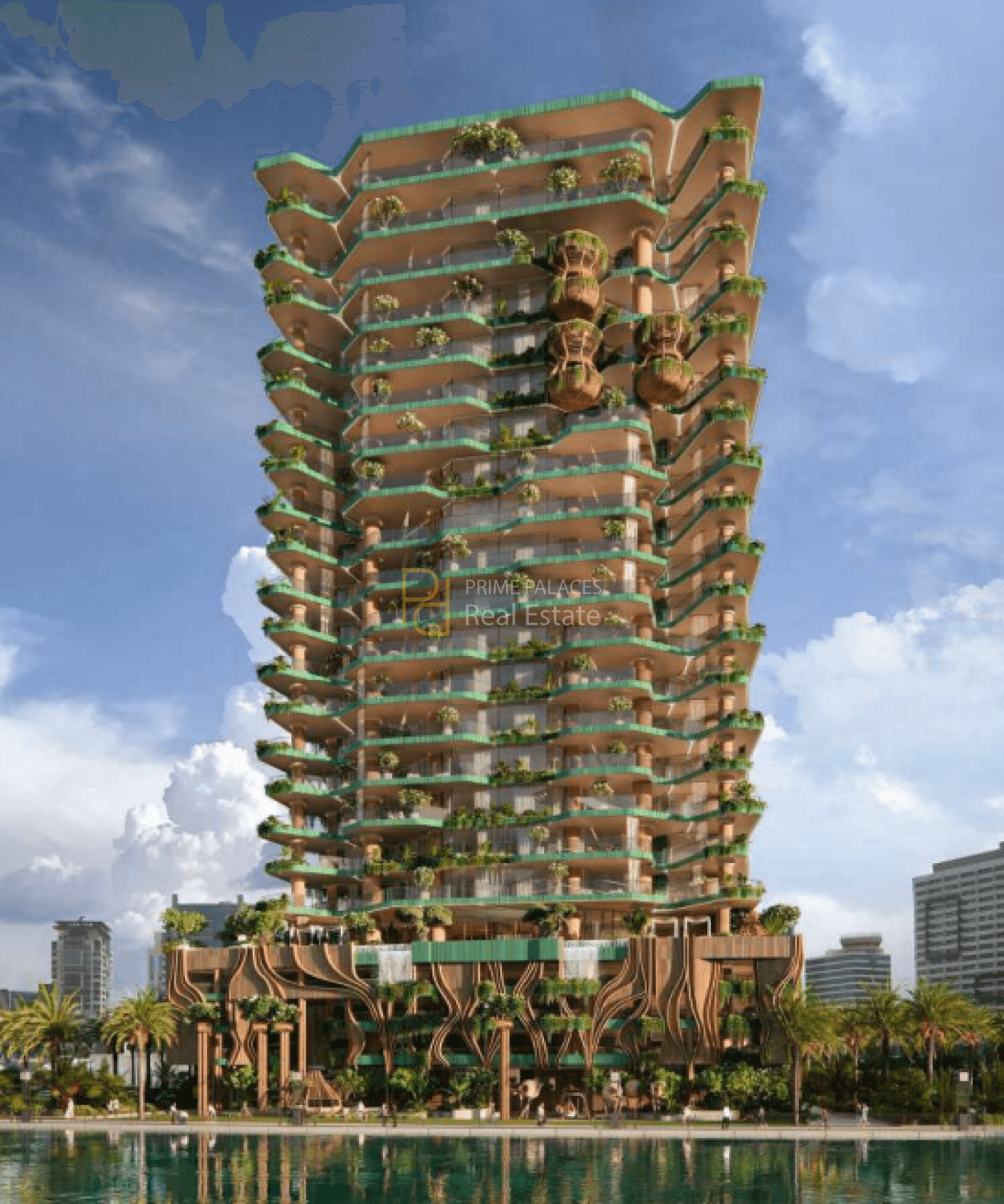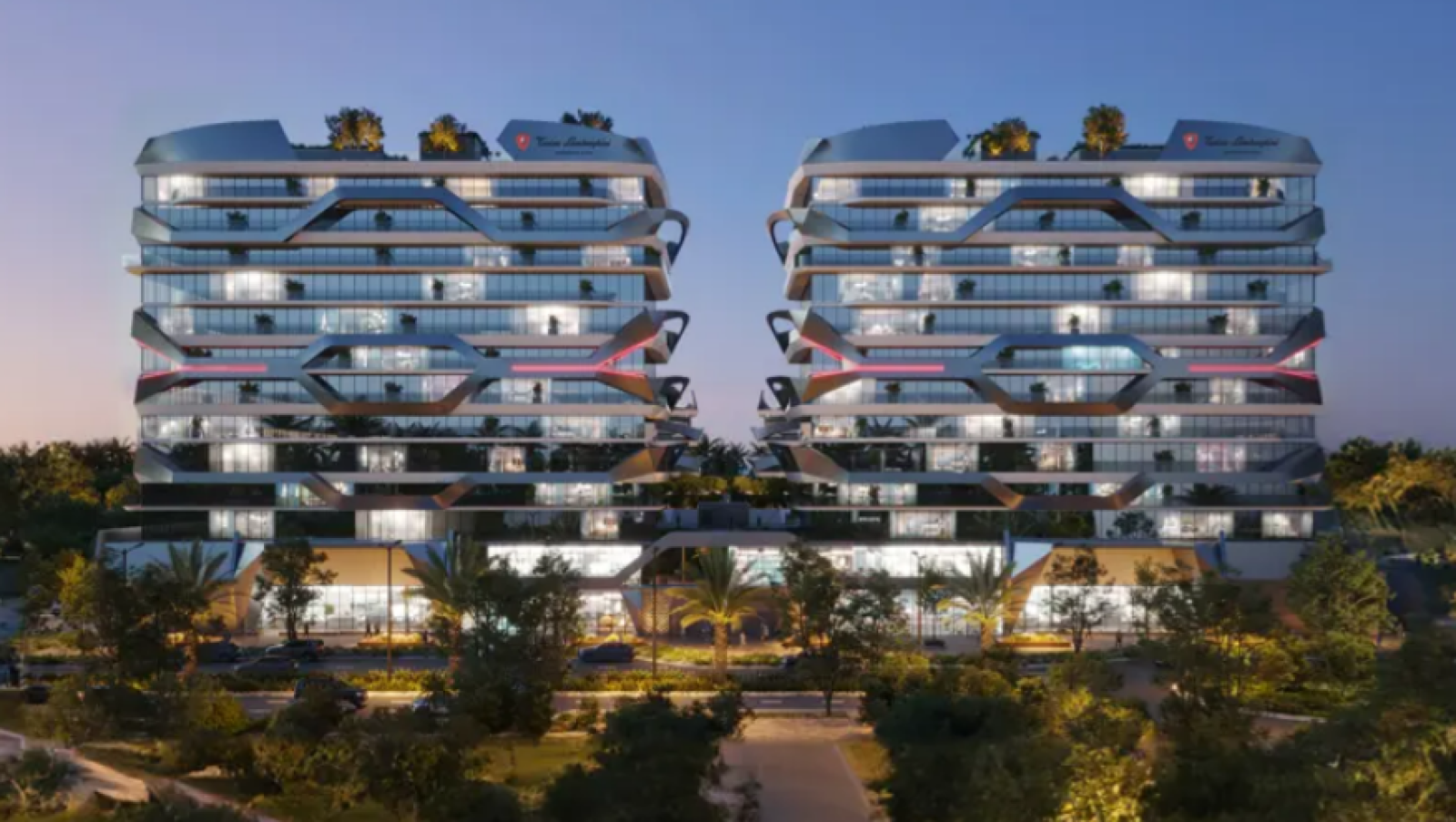Investing in Commercial Properties in Dubai: A Beginner's Guide
Dubai’s real estate sector is often associated with residential towers and luxury apartments, but its commercial property market presents equally attractive opportunities. With a booming economy, tax-free income, and business-friendly policies, investing in commercial properties in Dubai is becoming a popular strategy for local and international investors seeking long-term, stable returns.
This guide offers key insights for first-time commercial investors exploring Dubai’s dynamic business real estate sector.
1. What Qualifies as Commercial Property in Dubai?
Commercial properties include any real estate used for business or income-generating purposes. Common asset types in Dubai include:
-
Offices
-
Retail shops
-
Warehouses and industrial units
-
Showrooms
-
Co-working and business centers
Each type serves different tenant segments, investment profiles, and rental structures. Knowing which category suits your goals is the first step toward a smart investment.
2. Why Invest in Commercial Real Estate?
There are several compelling reasons for investing in commercial real estate in Dubai:
-
Higher rental yields: Commercial units often produce higher annual returns compared to residential properties.
-
Longer lease terms: Office and retail tenants tend to sign multi-year contracts, providing income stability.
-
Business-friendly regulations: Dubai’s free zones, 100% foreign ownership, and strong legal framework encourage tenant demand.
-
Portfolio diversification: Commercial real estate adds stability and risk mitigation to your overall investment strategy.
3. Best Areas for Commercial Investments
Dubai offers a range of high-demand commercial zones depending on business type:
-
Business Bay – Central business district with modern office towers and canal views.
-
DIFC – A global financial hub with premium office spaces and international tenants.
-
Jumeirah Lake Towers (JLT) – Affordable, flexible offices with strong SME occupancy.
-
Al Quoz and Dubai Industrial City – Best for warehousing and industrial property investment.
-
Downtown and City Walk – High-footfall retail and F&B locations with tourist and resident traffic.
Choosing the right district depends on your target tenant, budget, and yield expectations.
4. Key Considerations Before Investing
Unlike residential units, commercial properties involve different leasing and valuation dynamics. New investors should carefully assess:
-
Tenant type and demand in the selected area
-
Zoning and usage restrictions for business activity
-
Vacancy risk, which can be higher for niche or luxury spaces
-
Fit-out costs, often borne by landlords in newer developments
-
Licensing requirements if operating as a business, not just a landlord
Working with a specialist in commercial real estate in Dubai ensures you're aware of current regulations, pricing trends, and potential pitfalls.
5. Financing and Ownership Options
Many banks in Dubai offer commercial mortgage solutions, though terms differ from residential loans. Loan-to-value (LTV) ratios may be lower, and interest rates slightly higher, but structured correctly, financing can improve ROI.
Foreign investors can also purchase freehold commercial property in Dubai within designated zones, enjoying the same ownership rights as residents.
6. Returns and Exit Strategy
Most investors target a mix of rental income and capital appreciation. Prime commercial assets can generate yields between 7%–10%, depending on location and lease structure. High-quality tenants and longer contracts improve income stability and exit value.
For long-term holders, commercial properties also benefit from Dubai’s strong resale liquidity and developer buy-back programs in key areas.
Conclusion
Investing in commercial properties in Dubai offers strategic benefits—higher yields, stable leases, and diversification. With the right property type, location, and advisory support, first-time investors can tap into one of the region’s most resilient and rewarding sectors.

